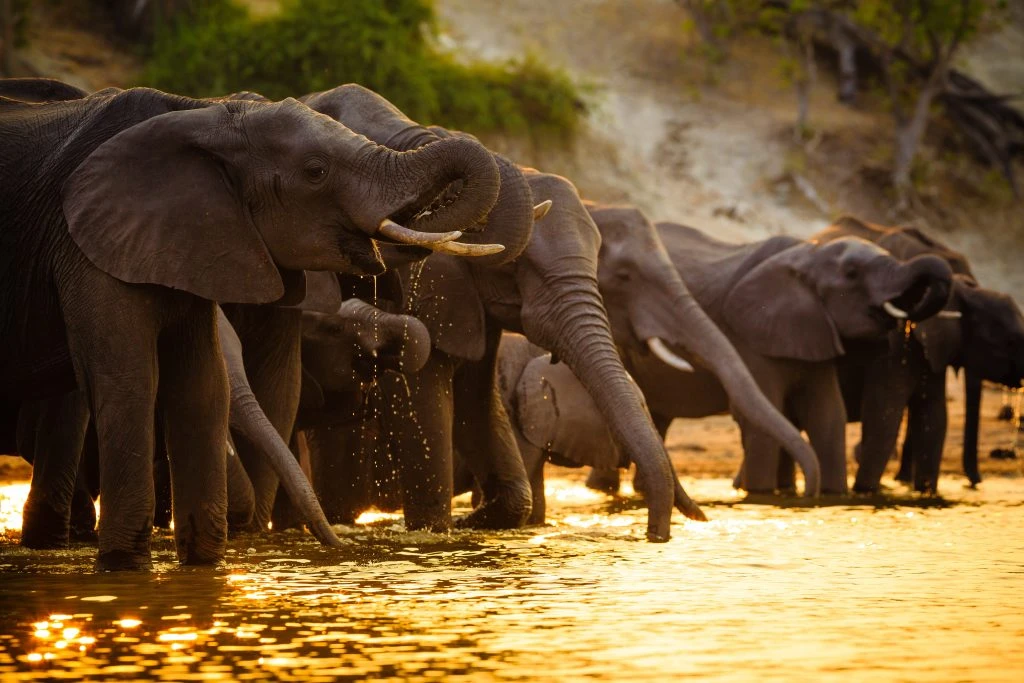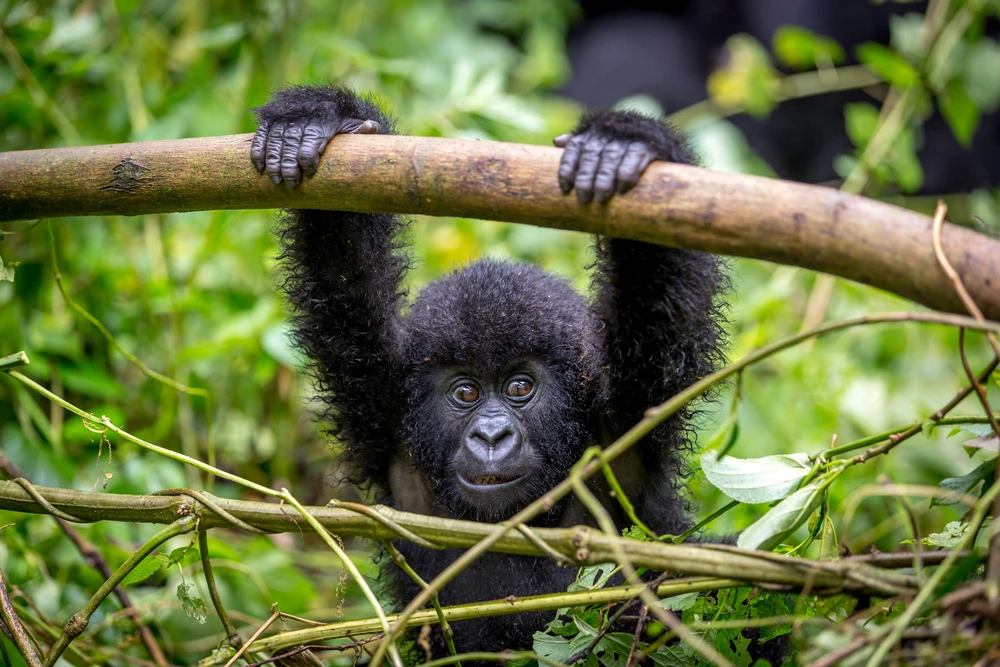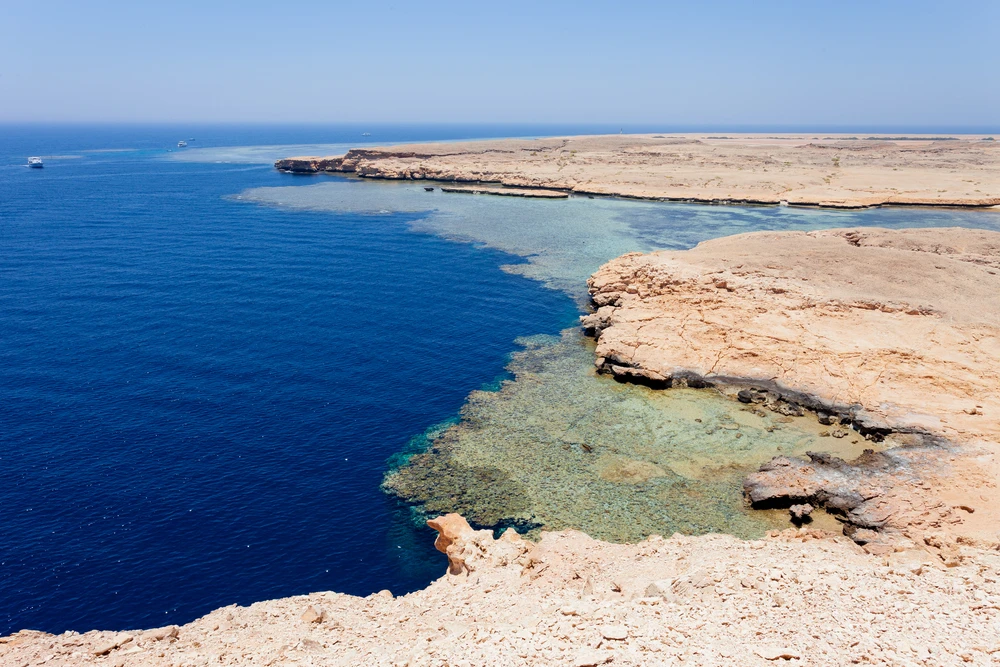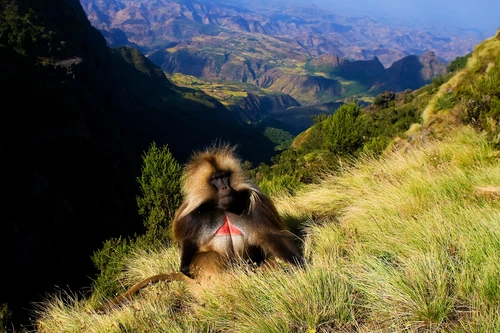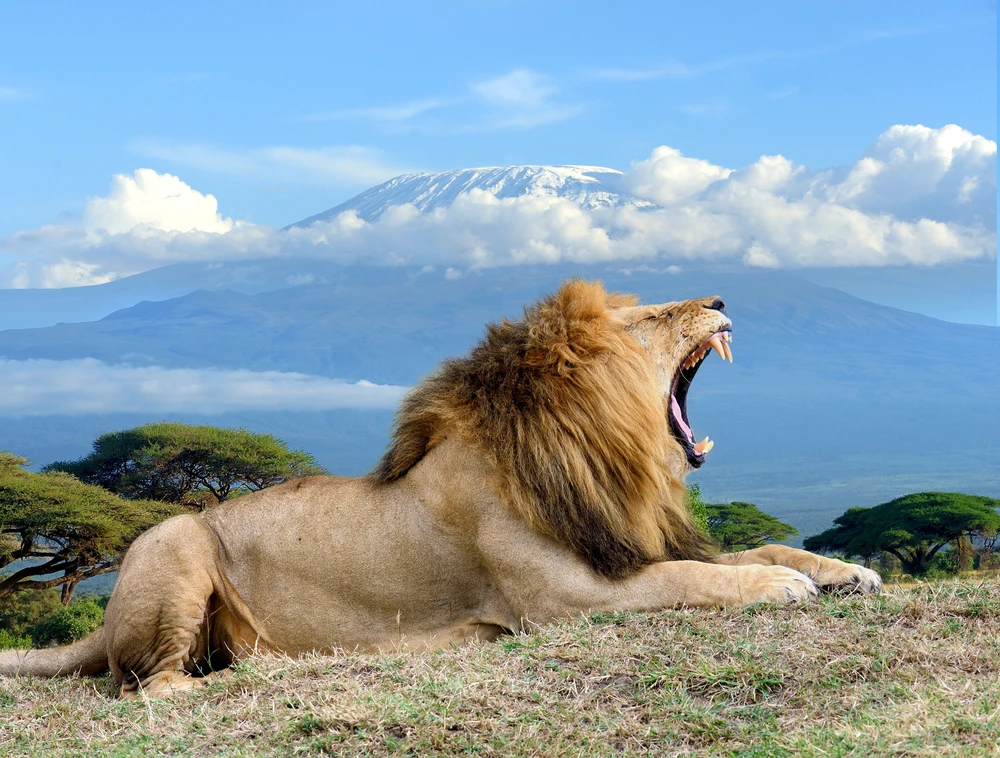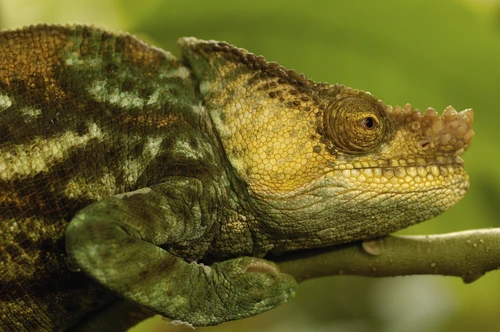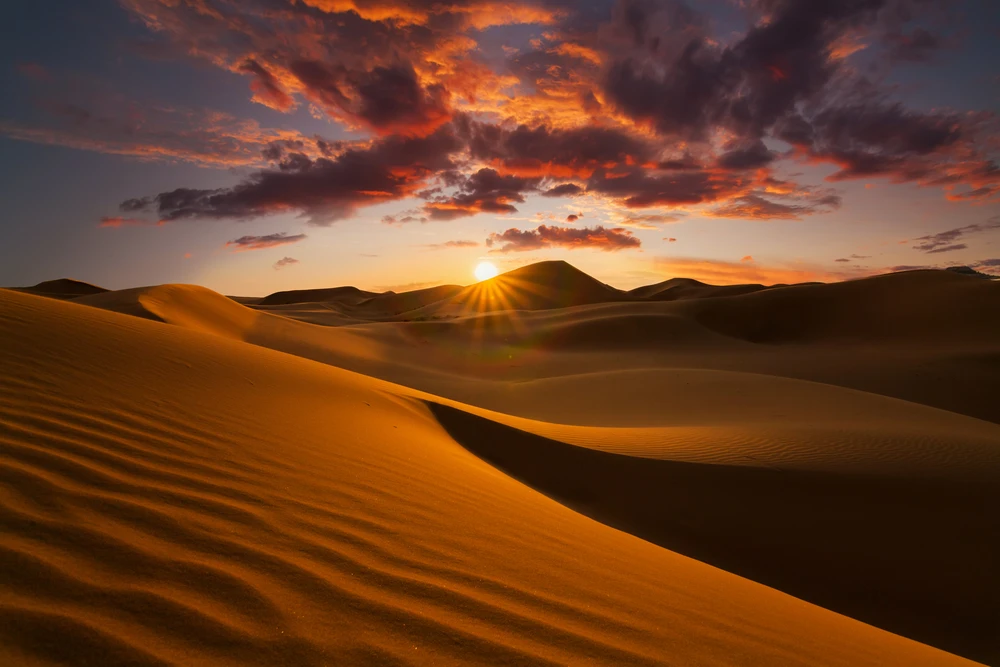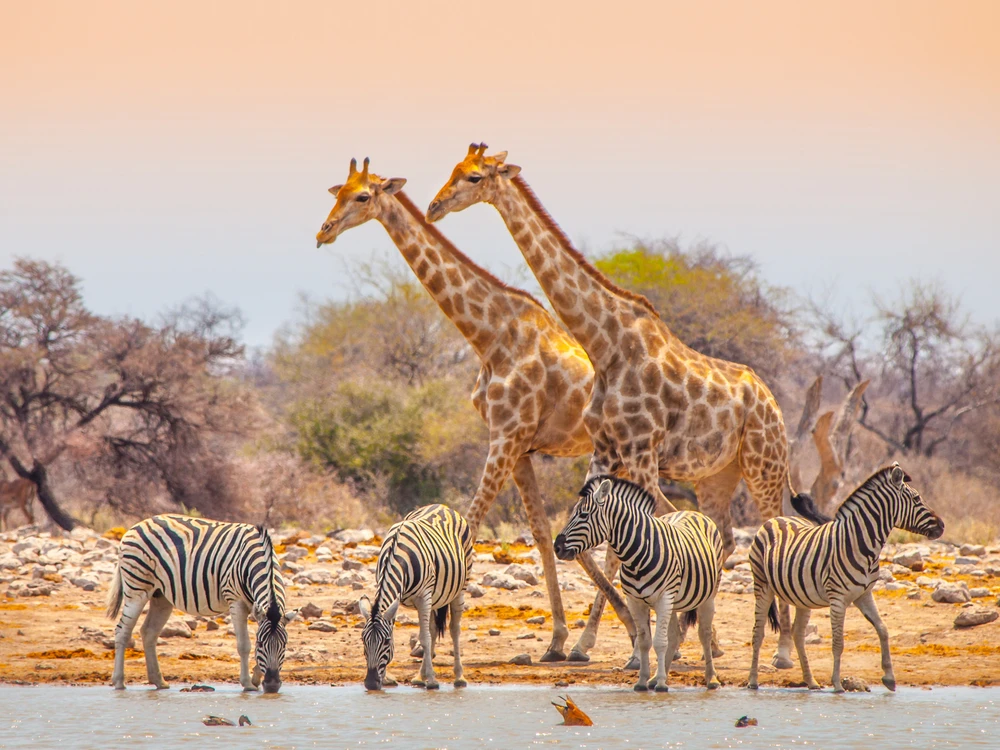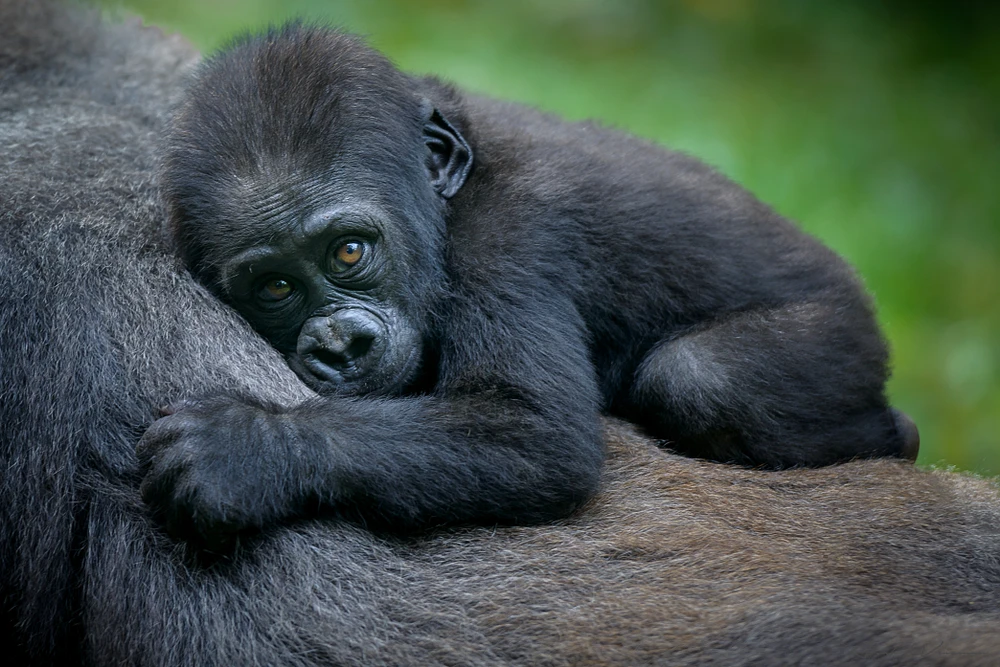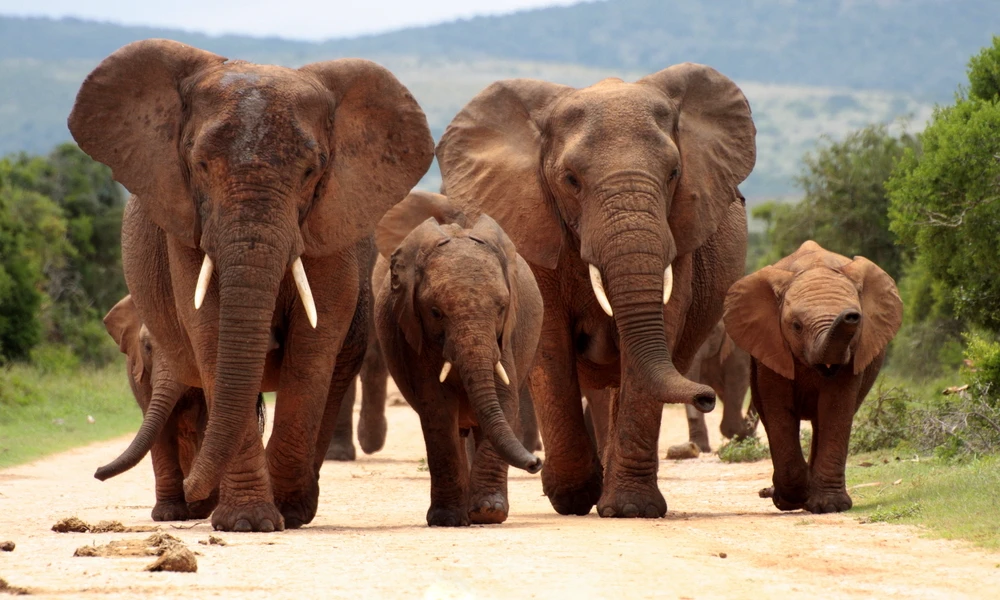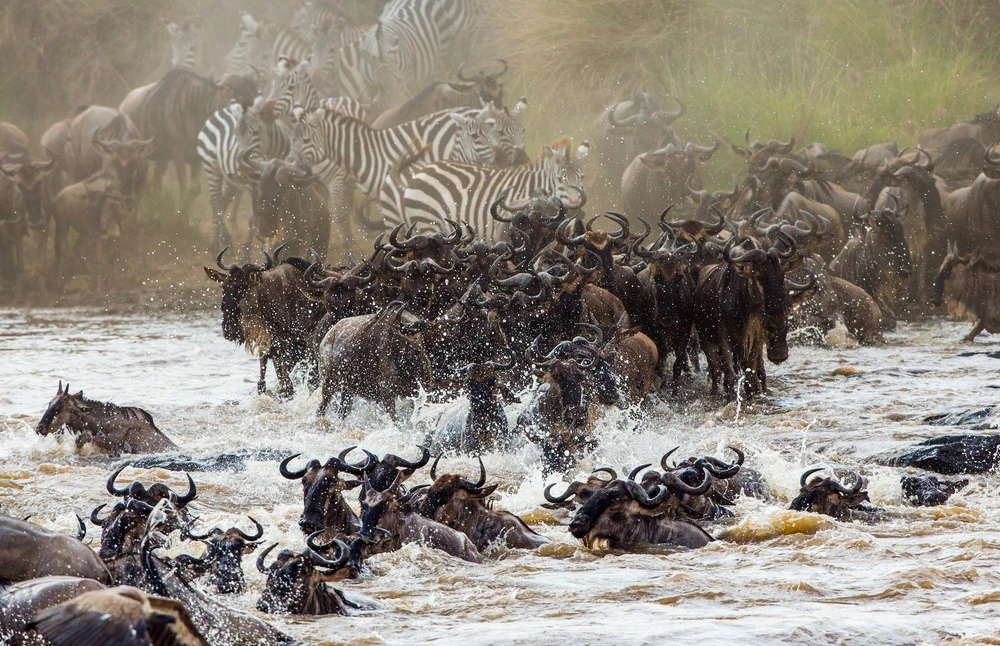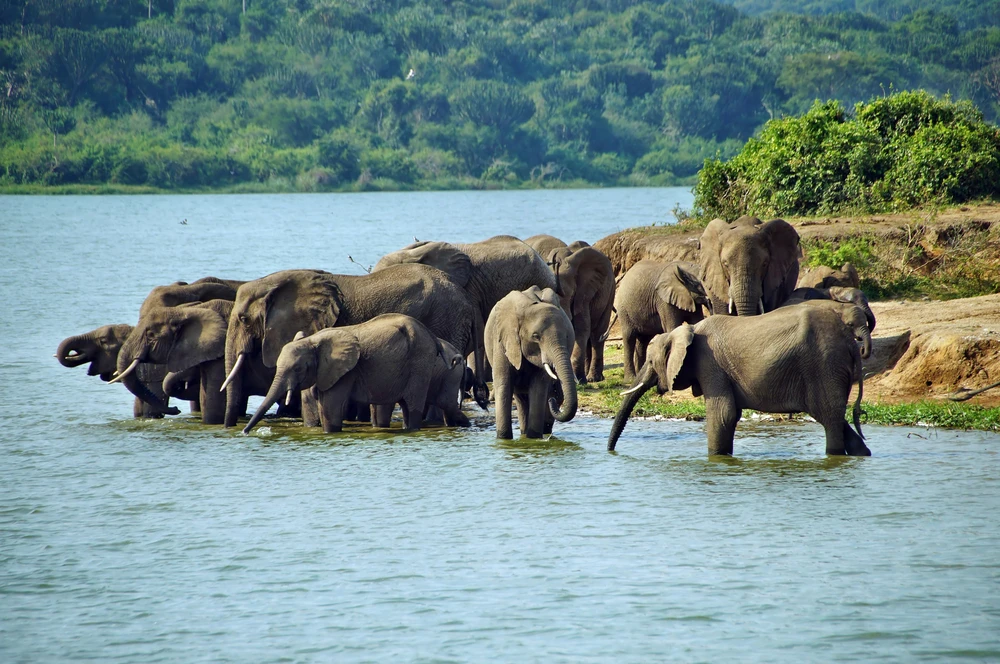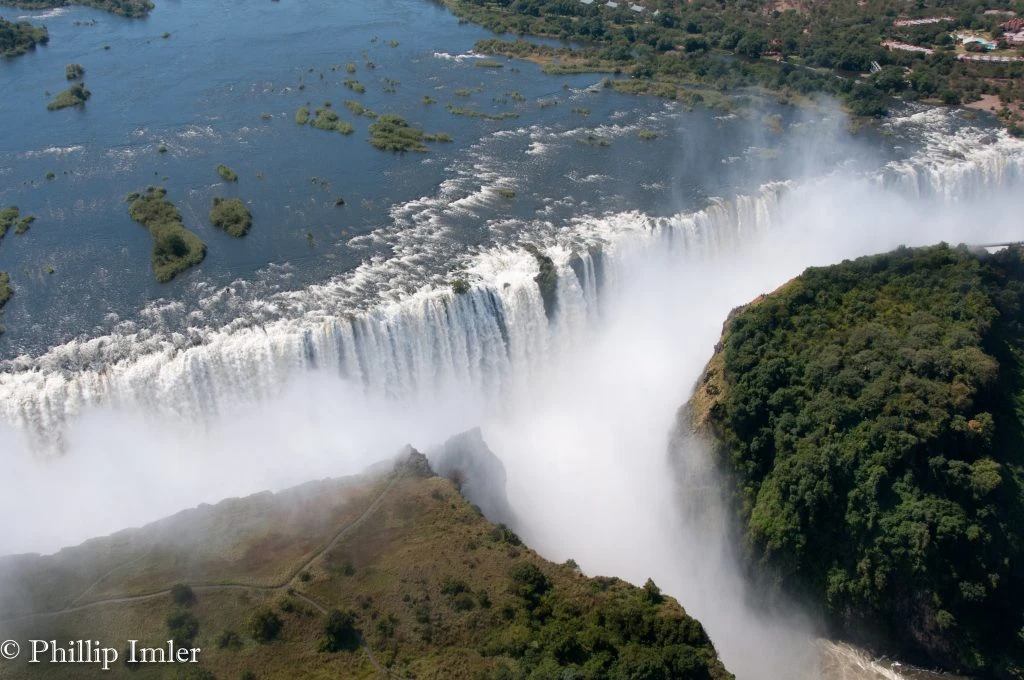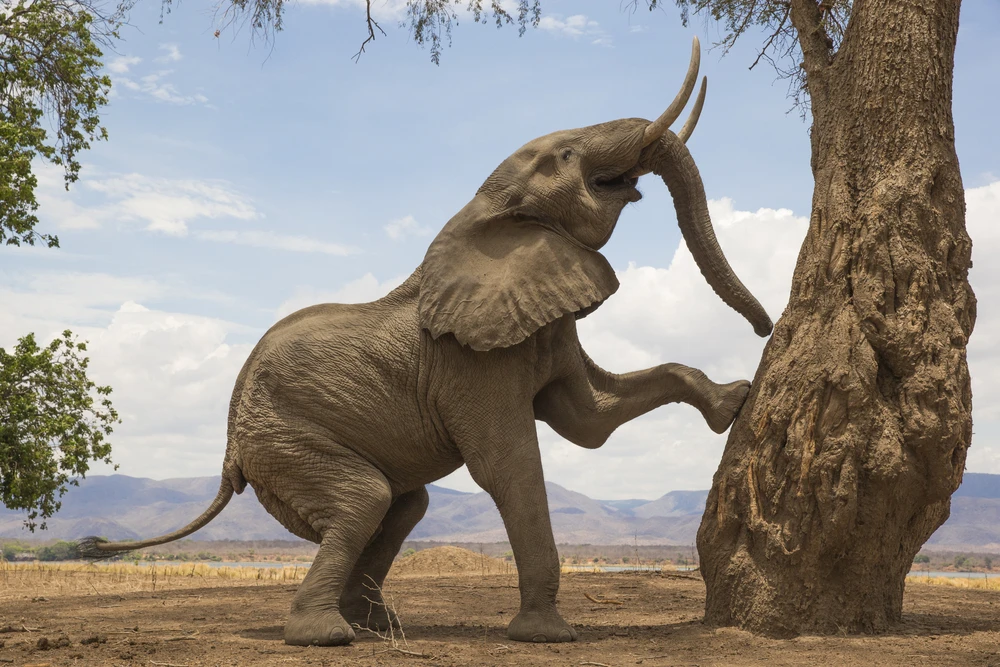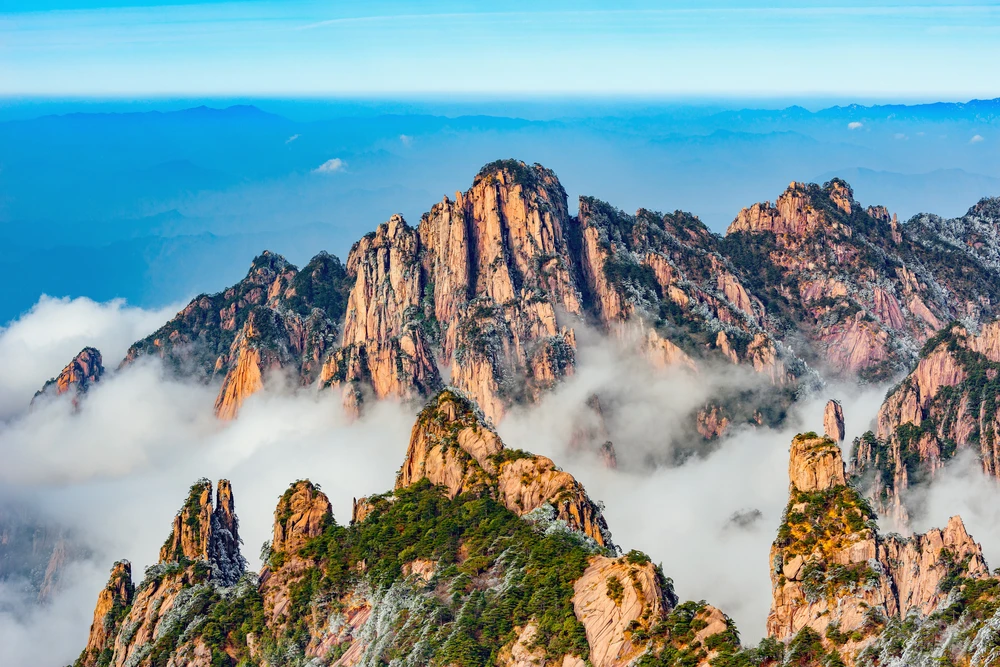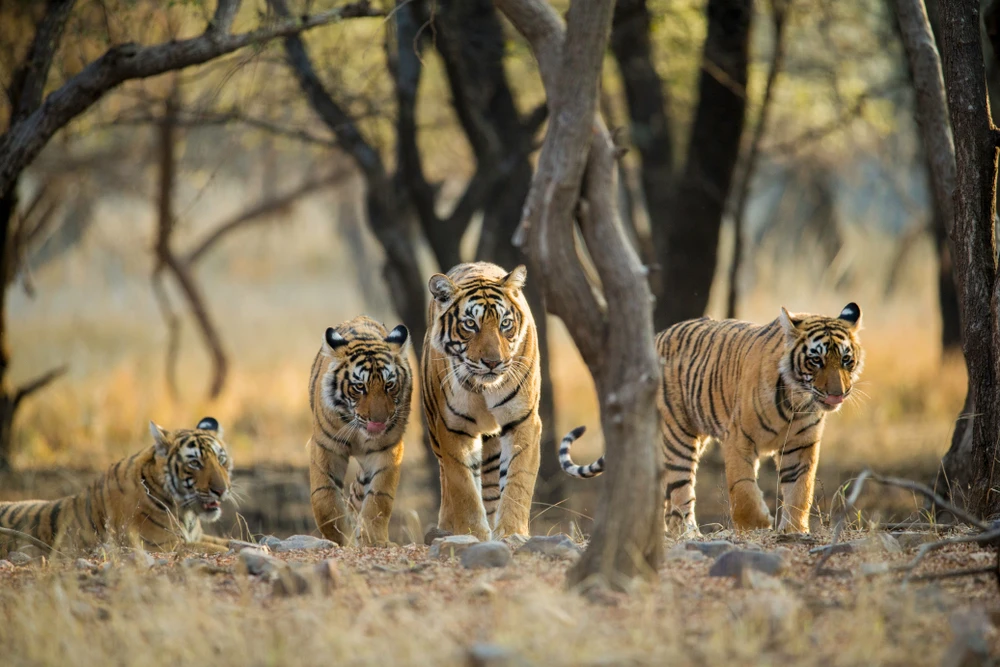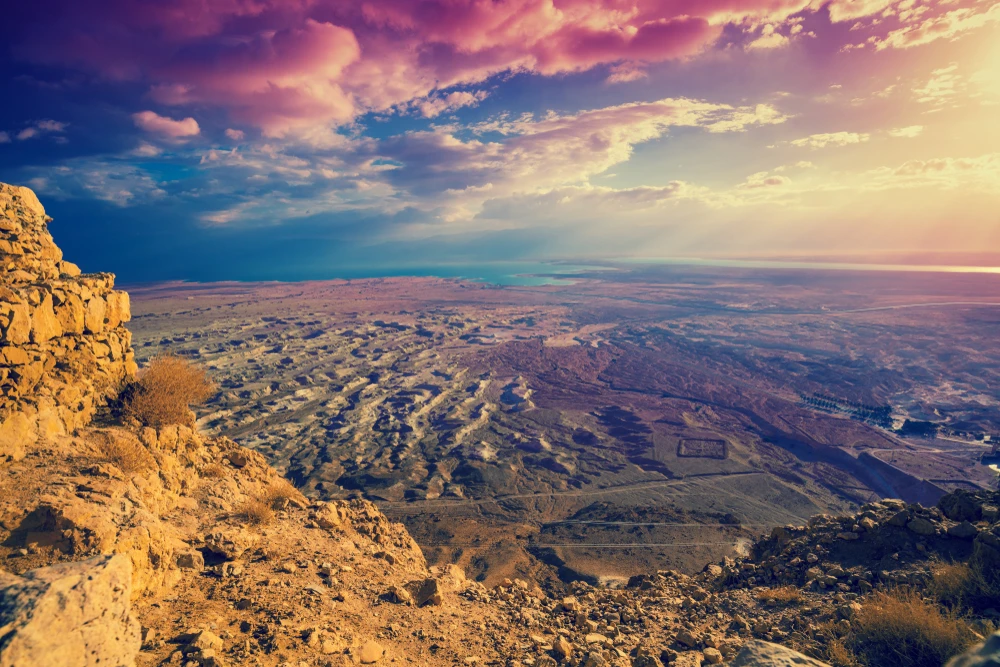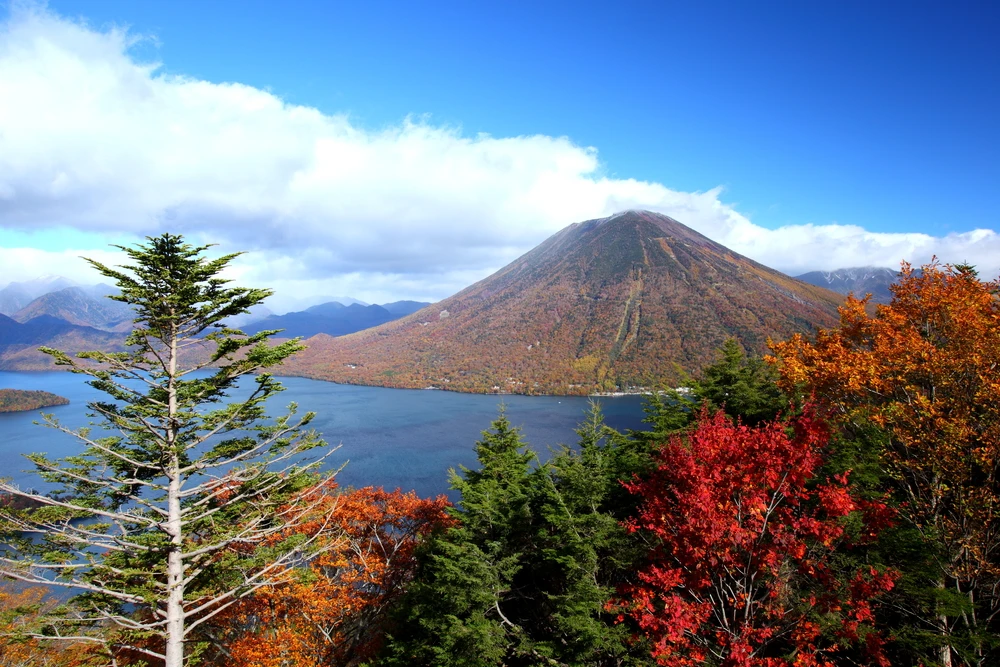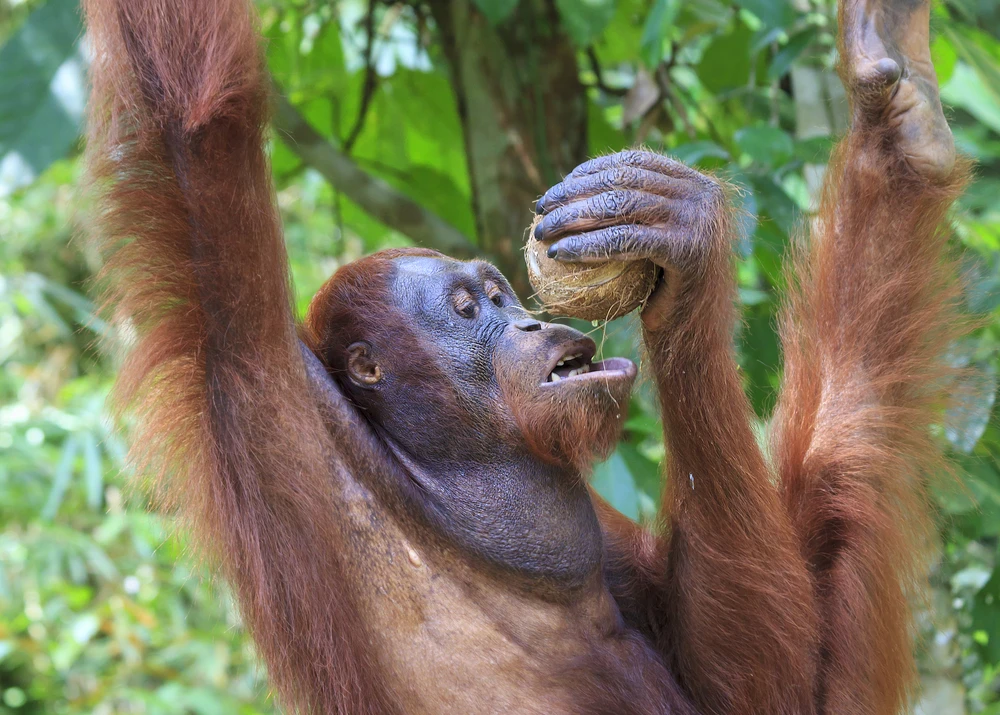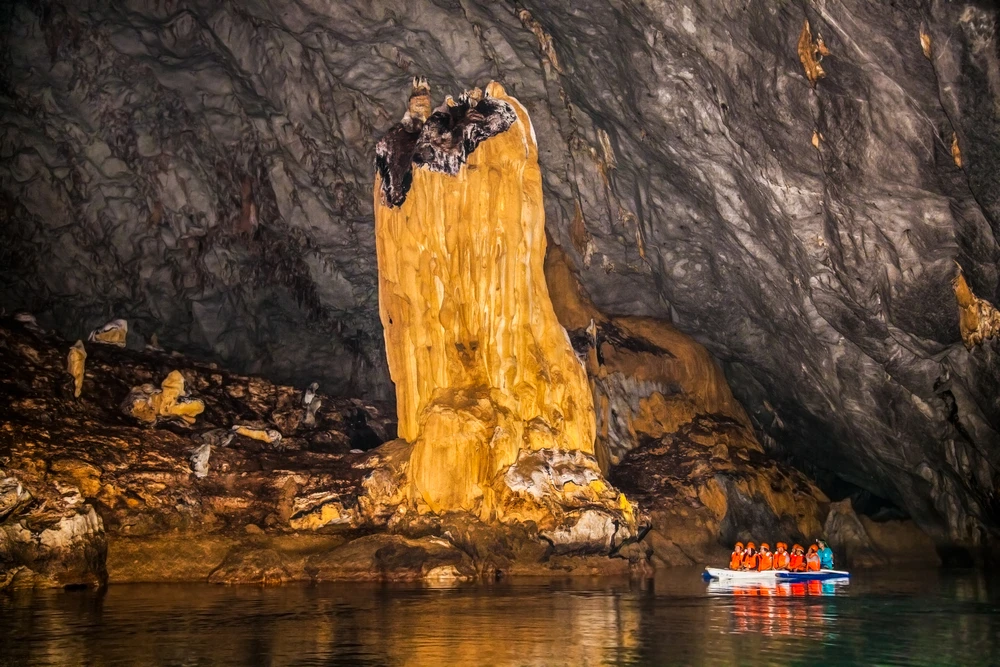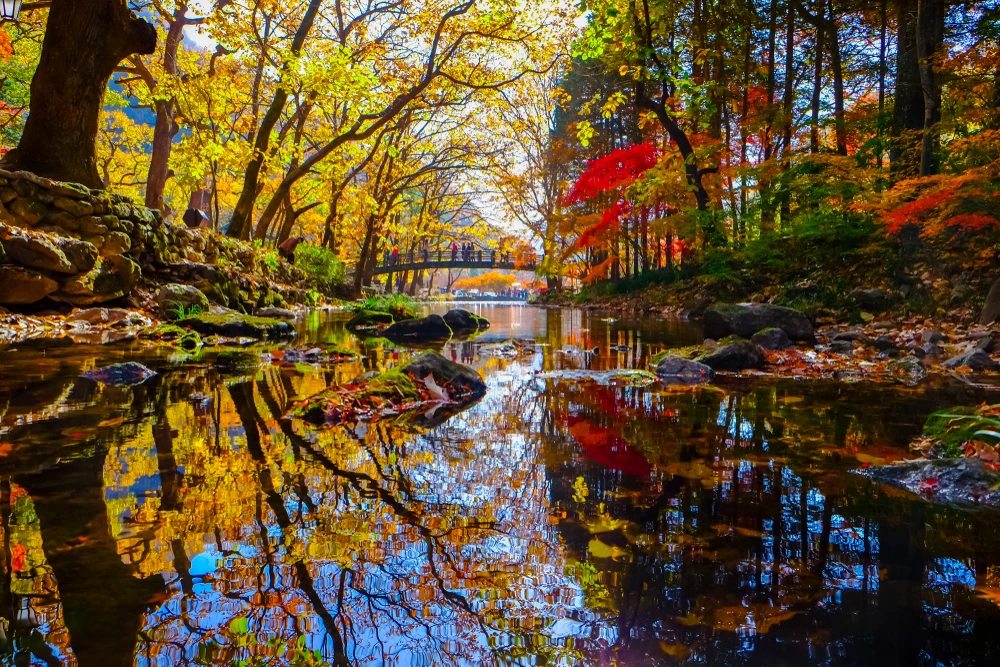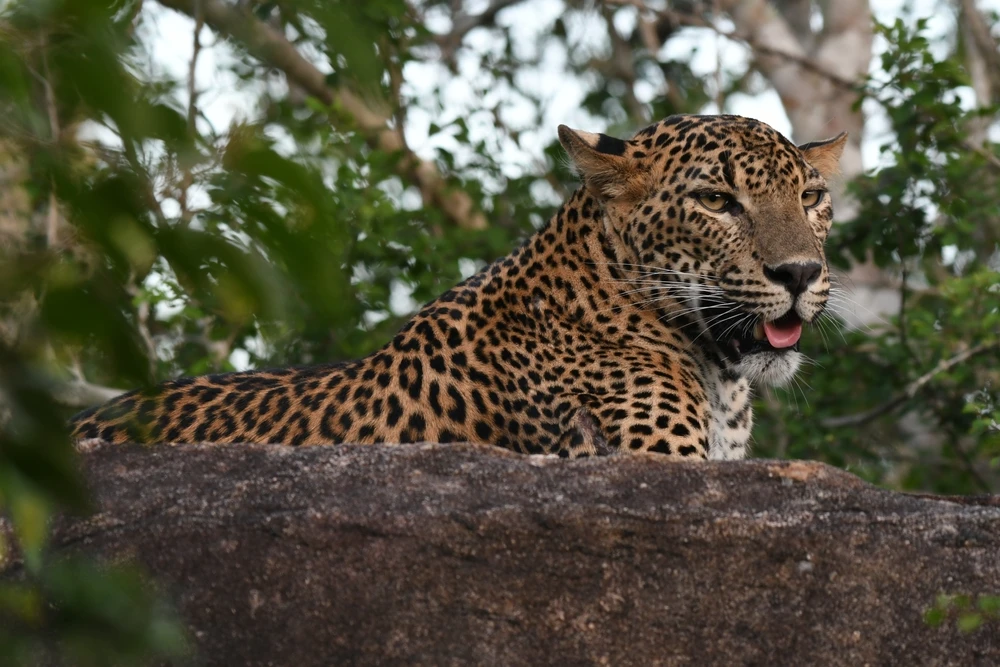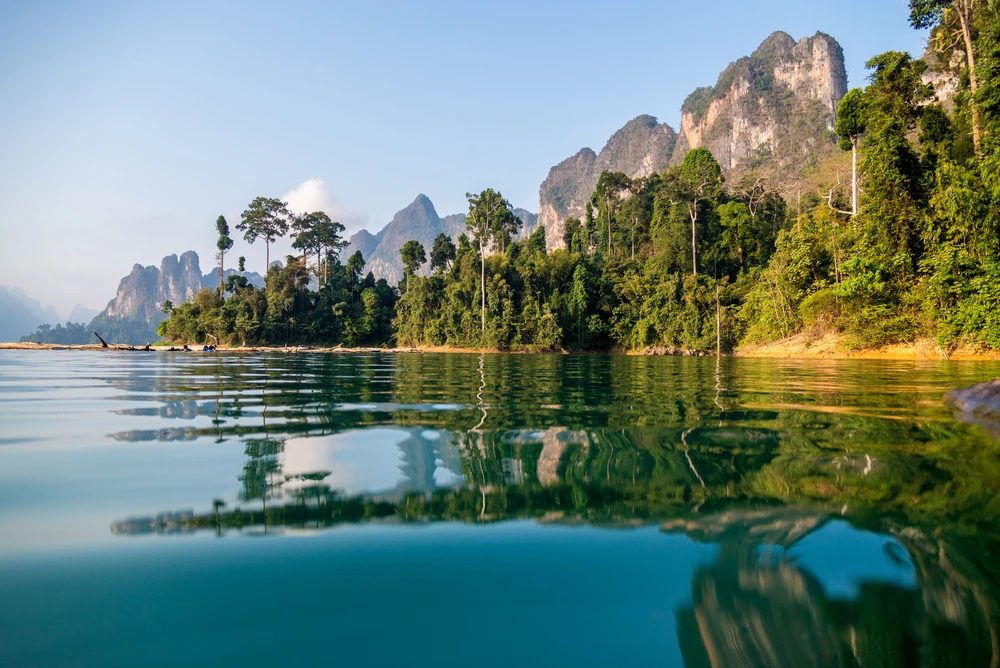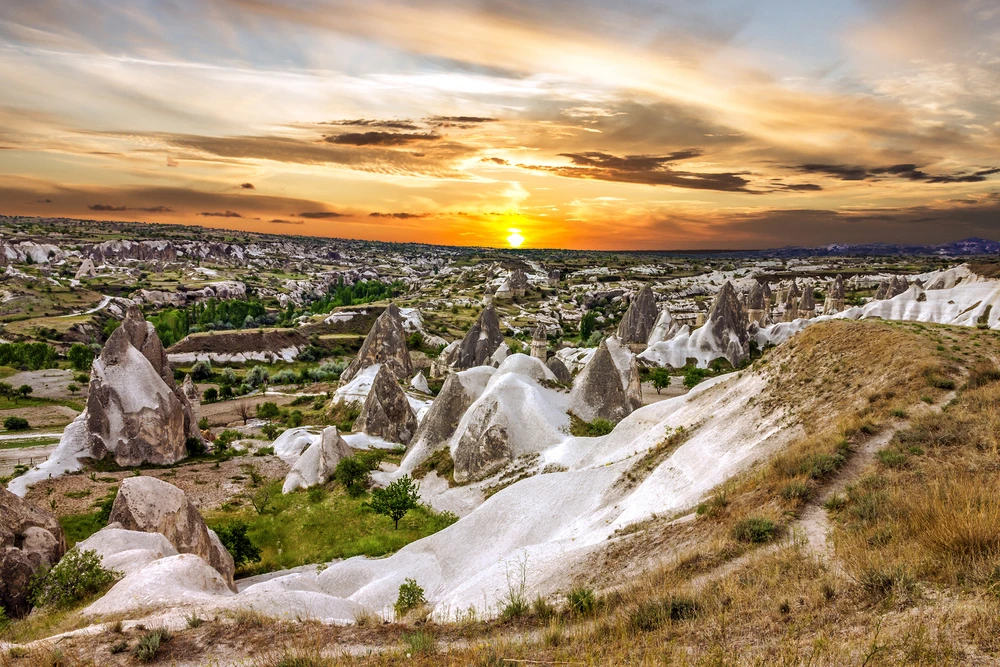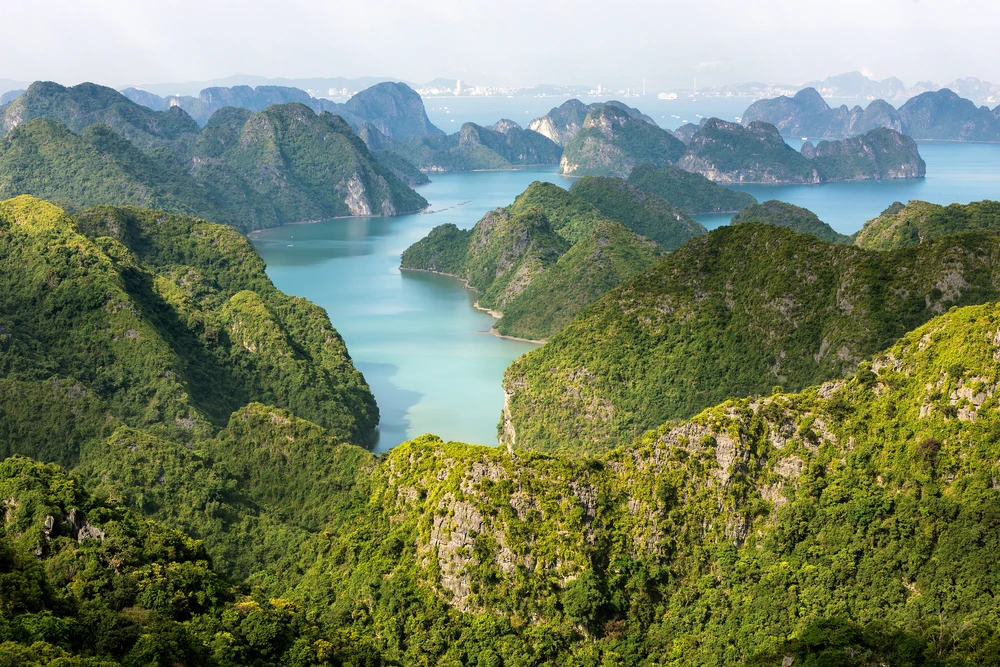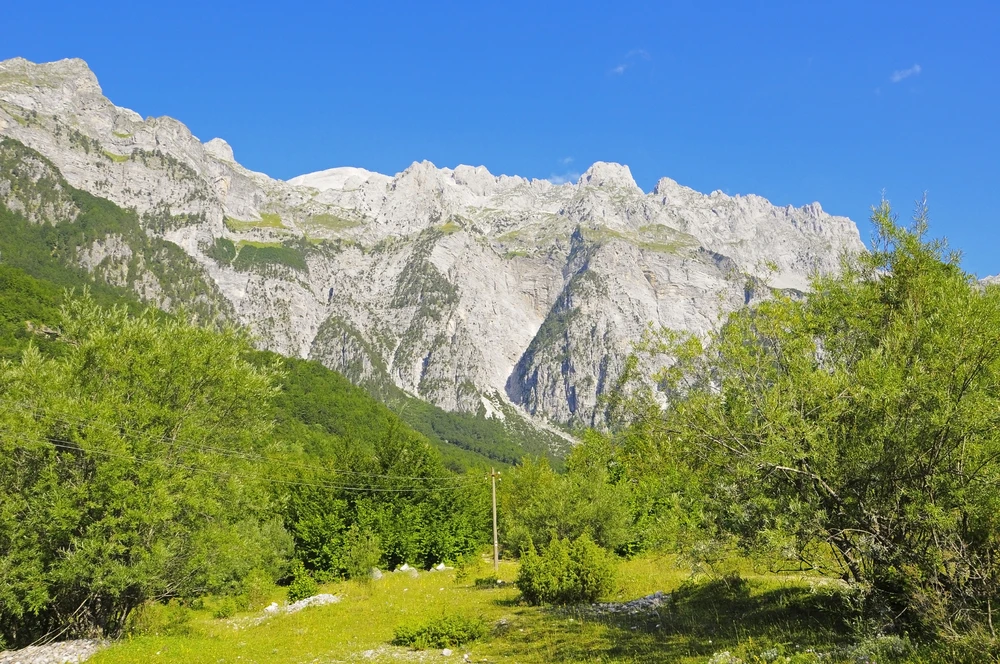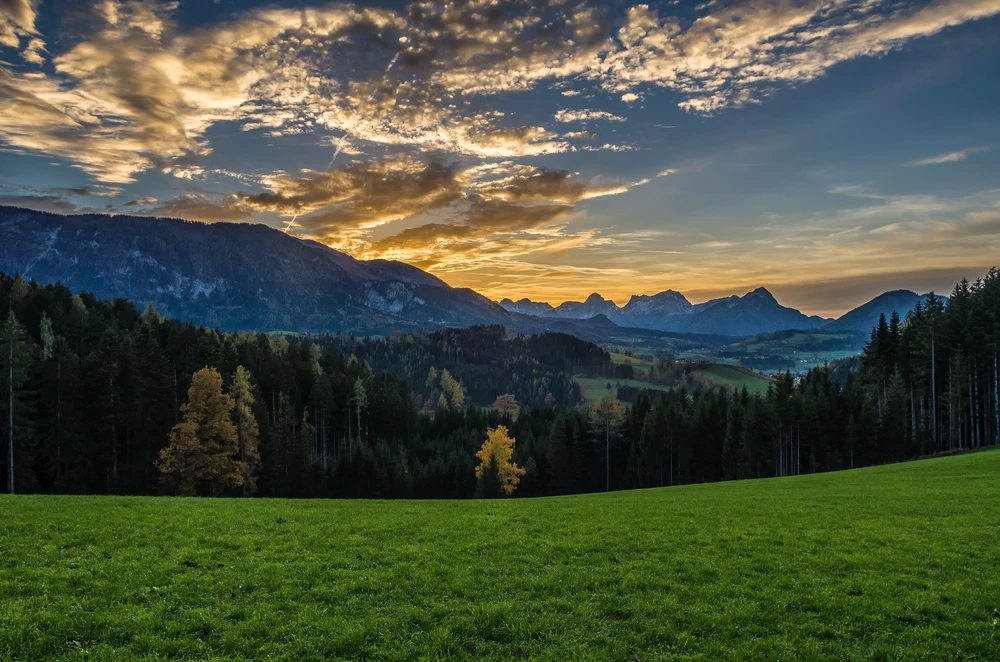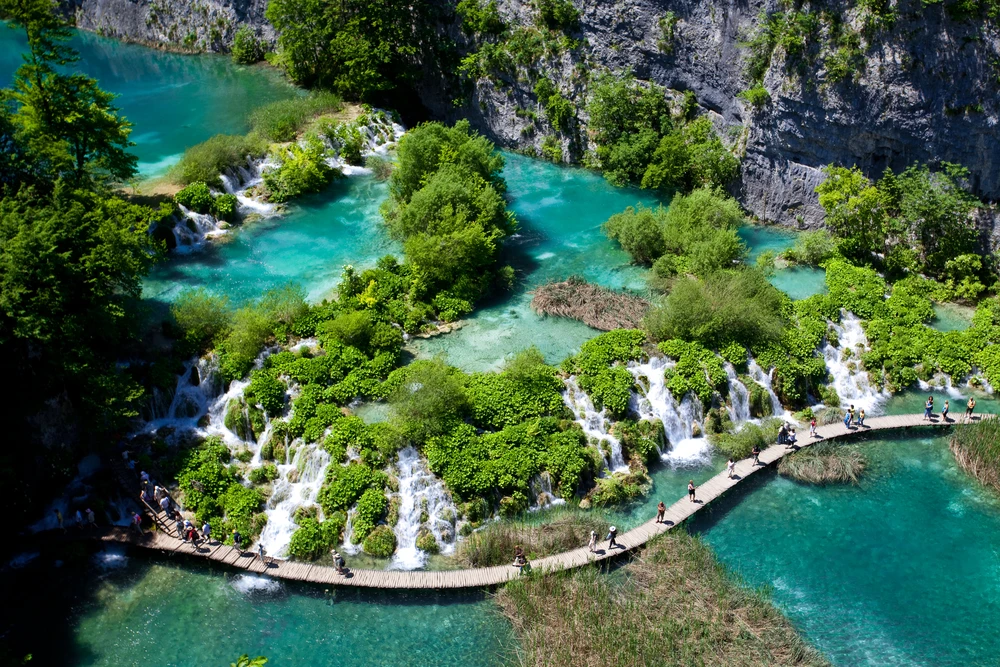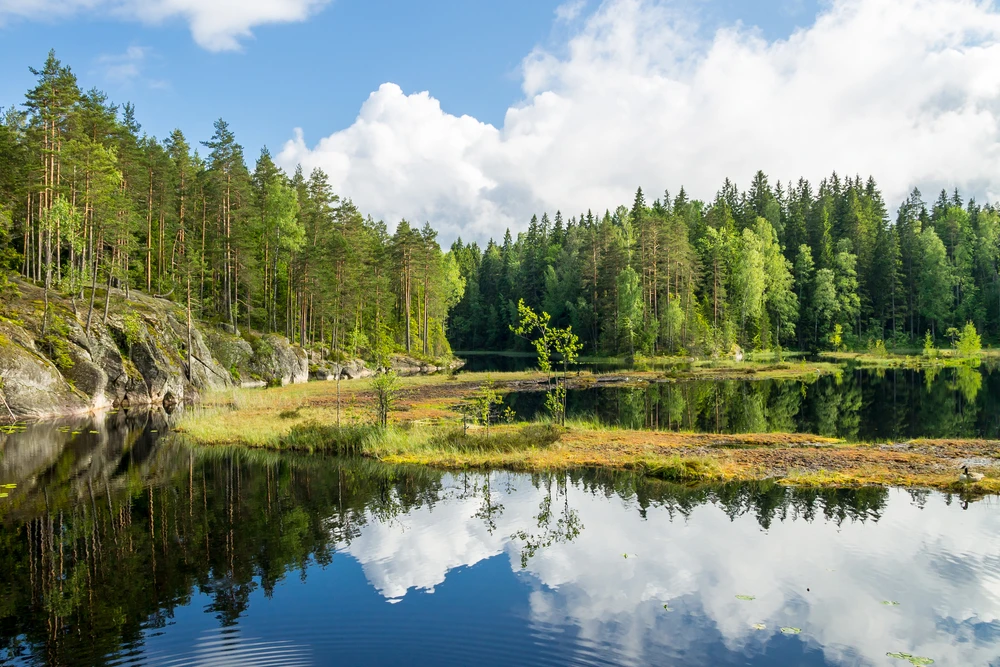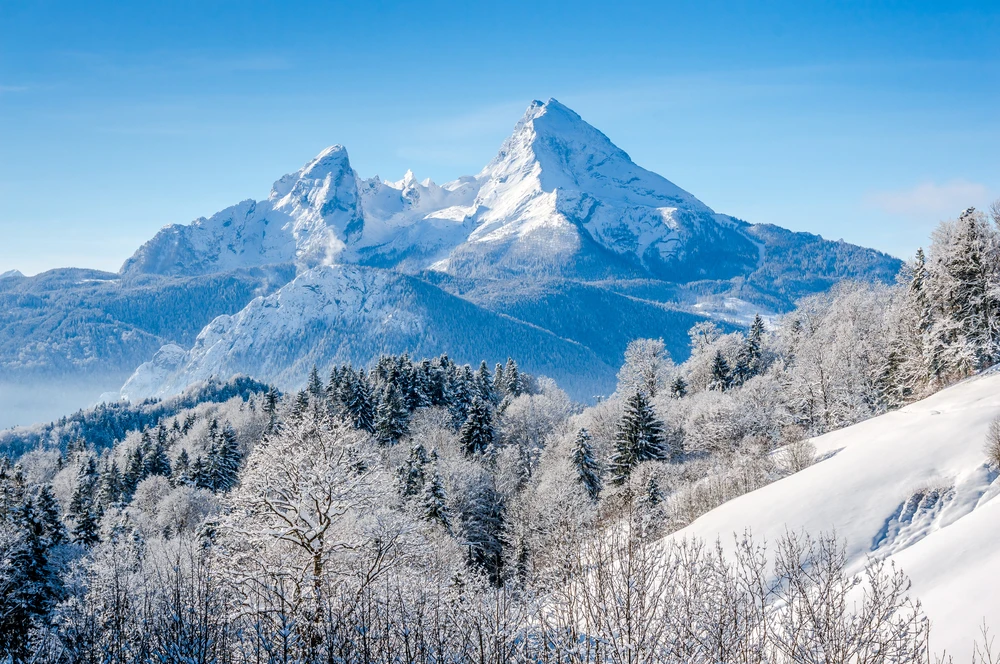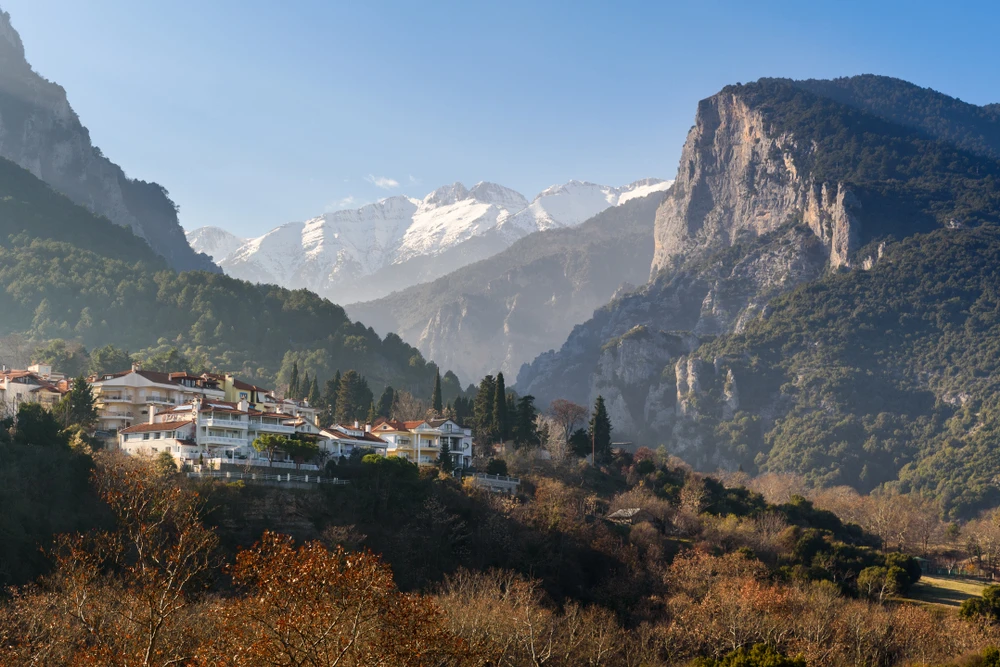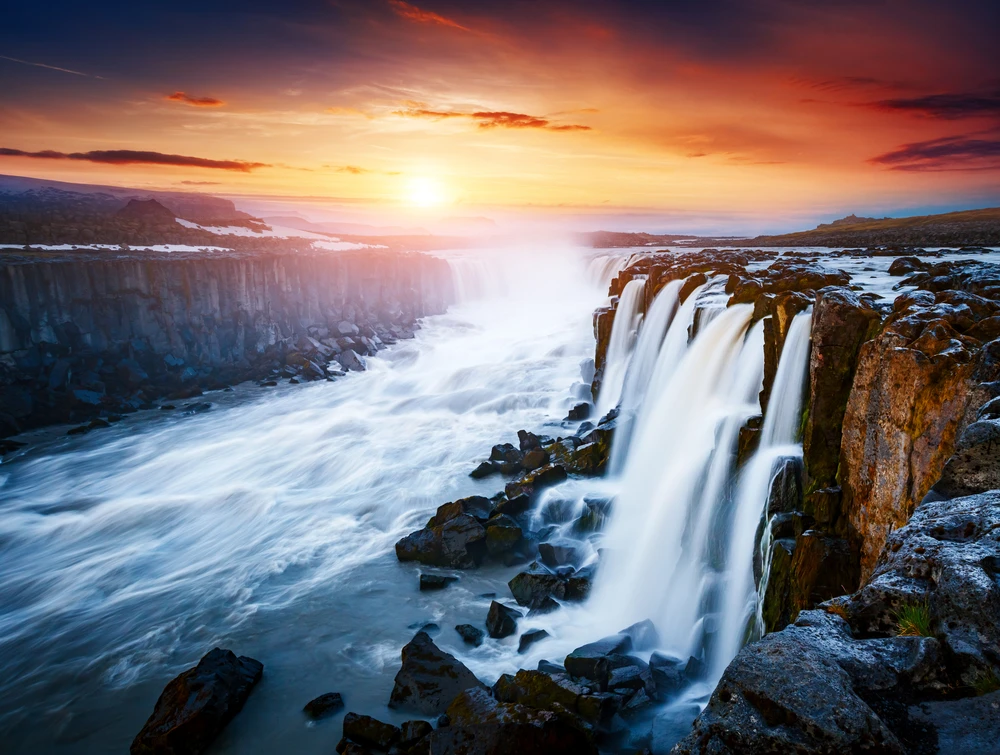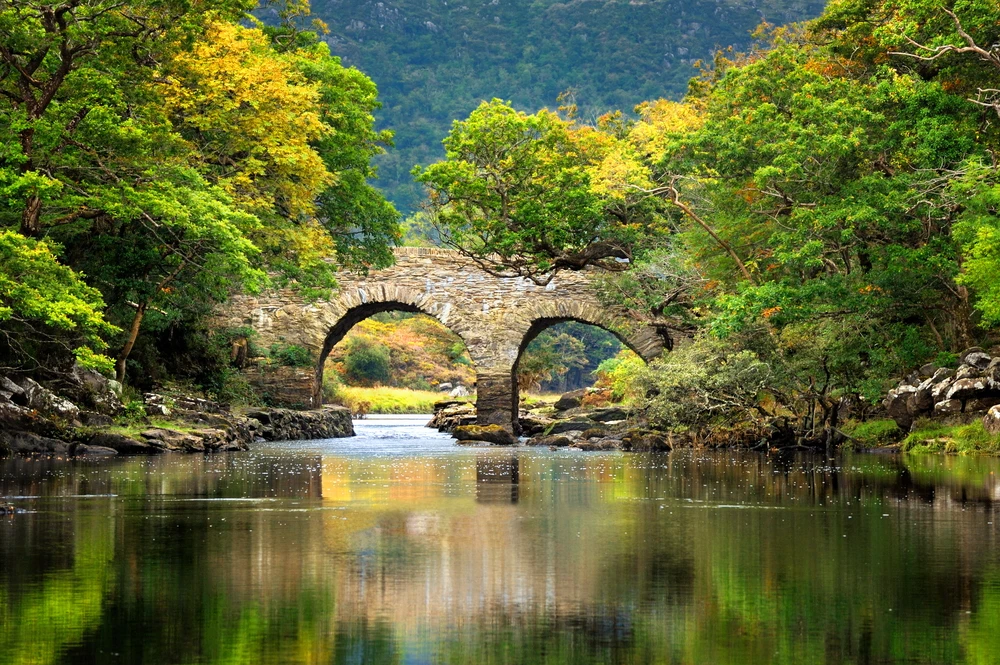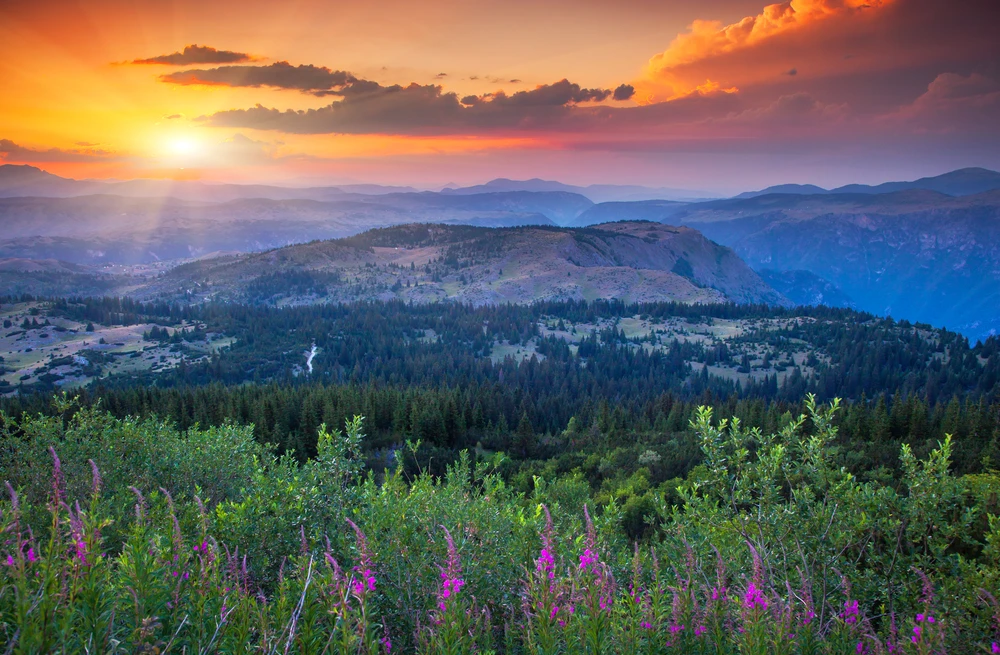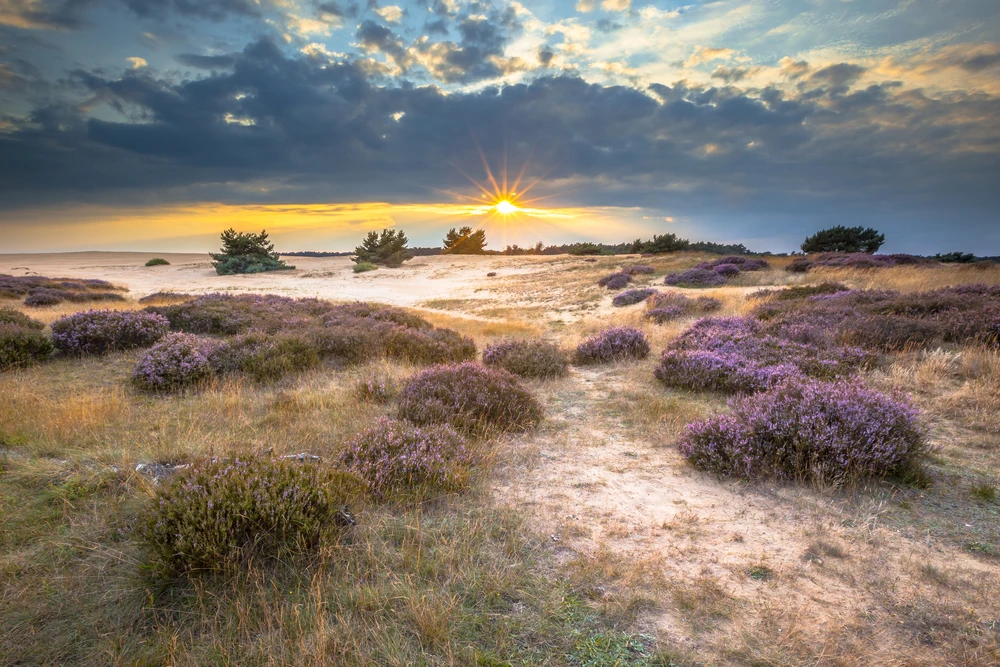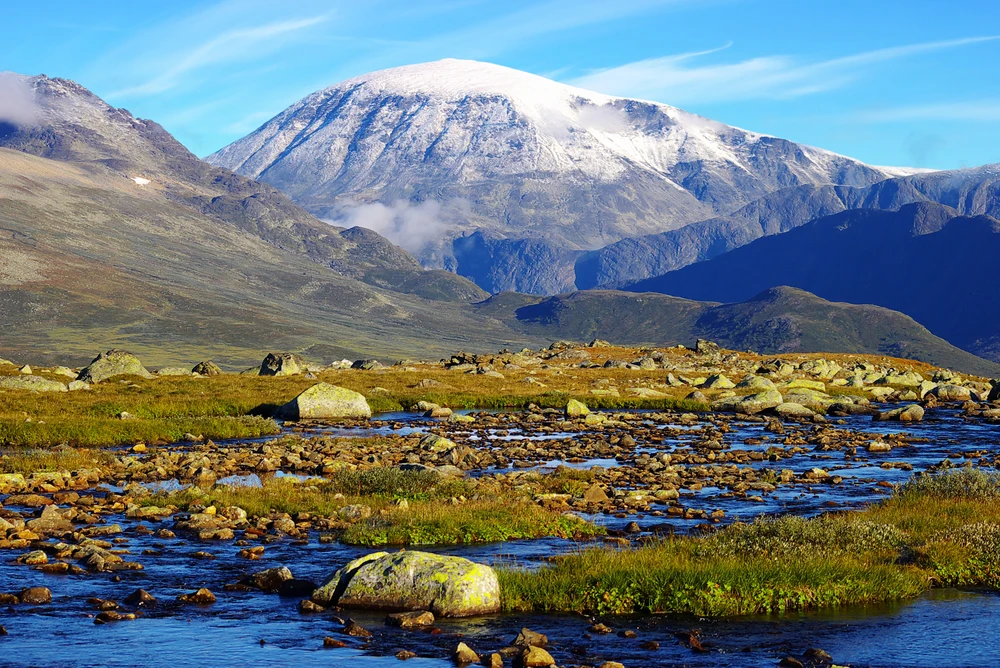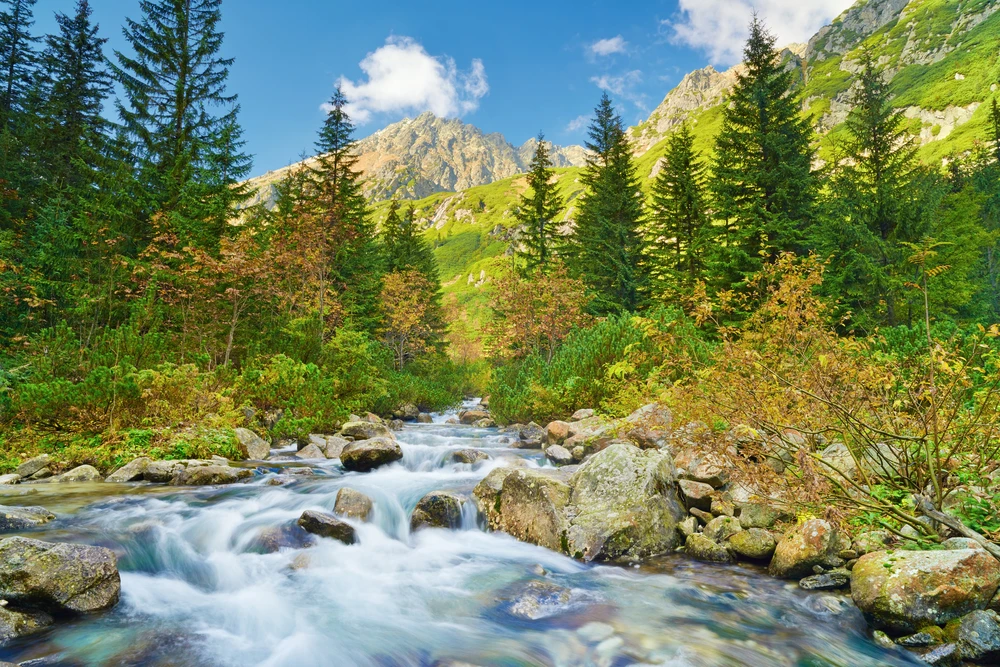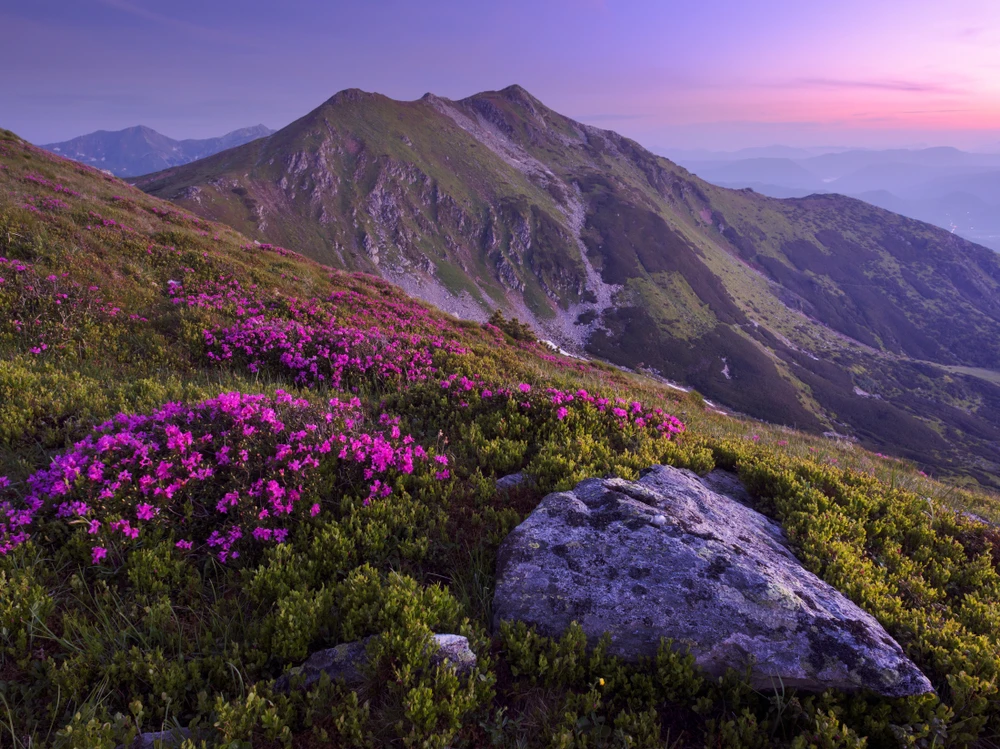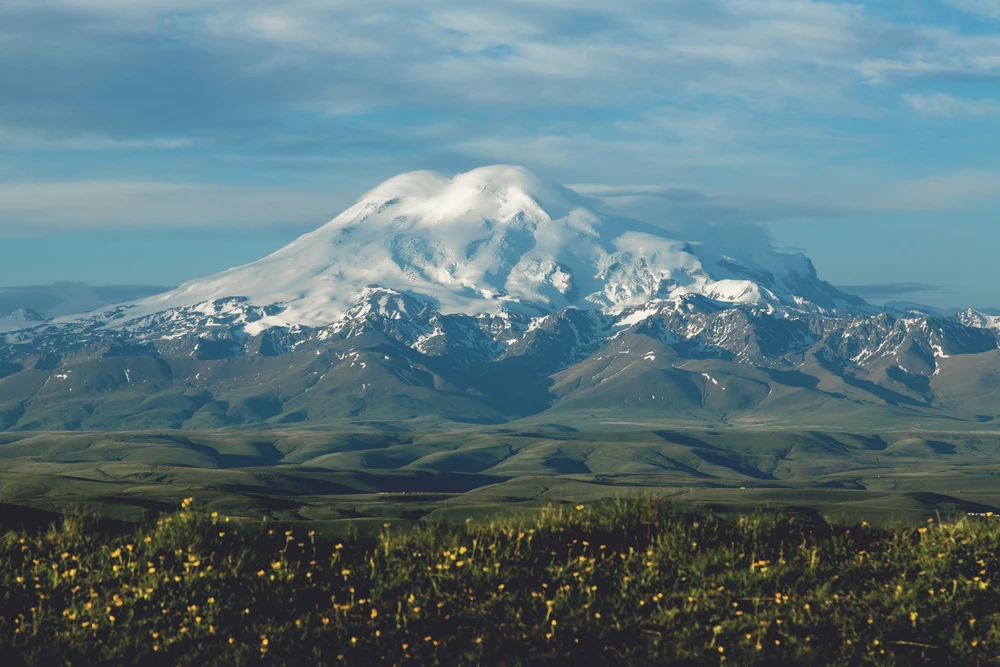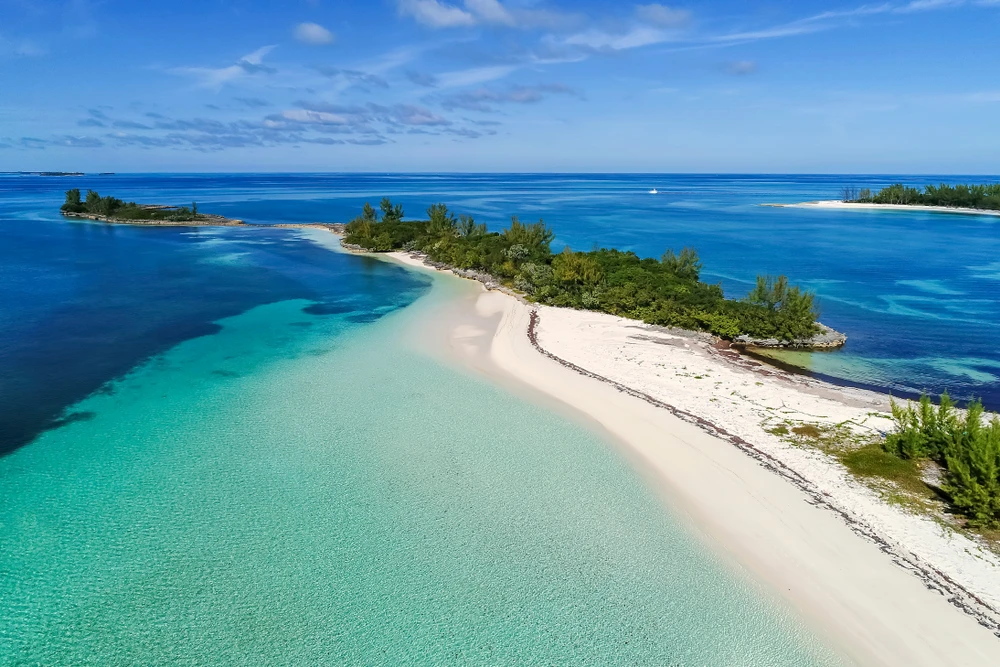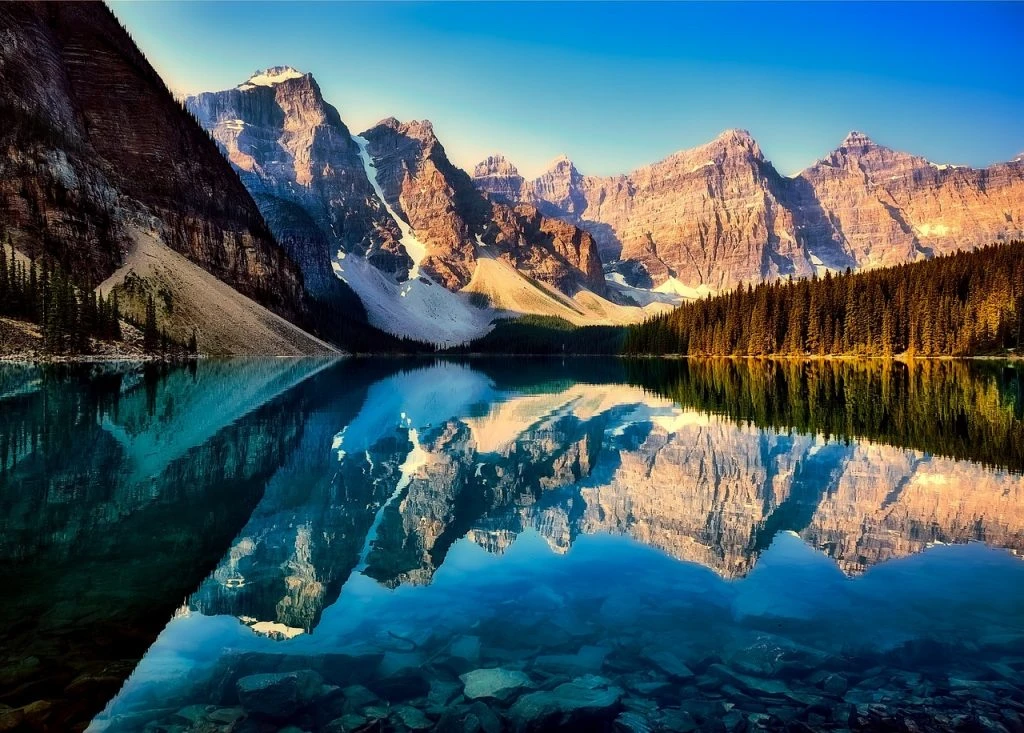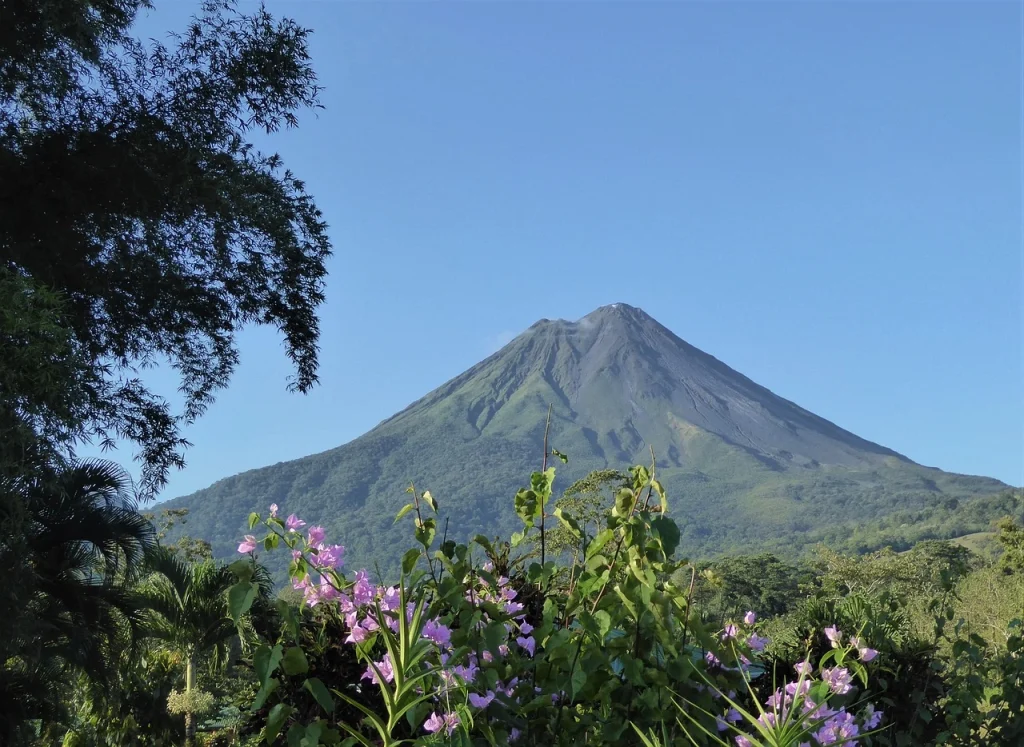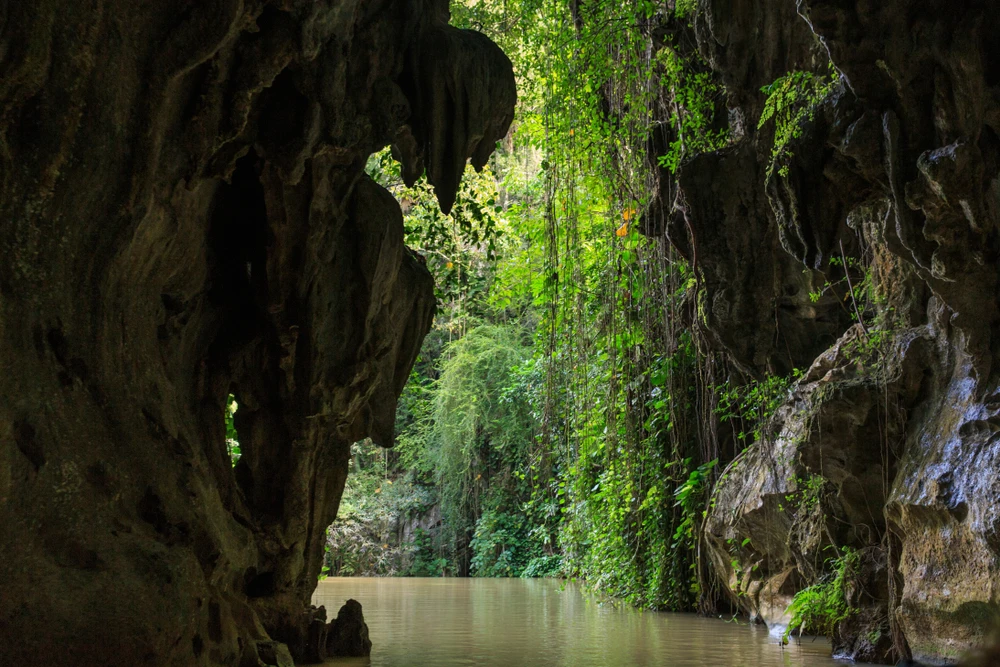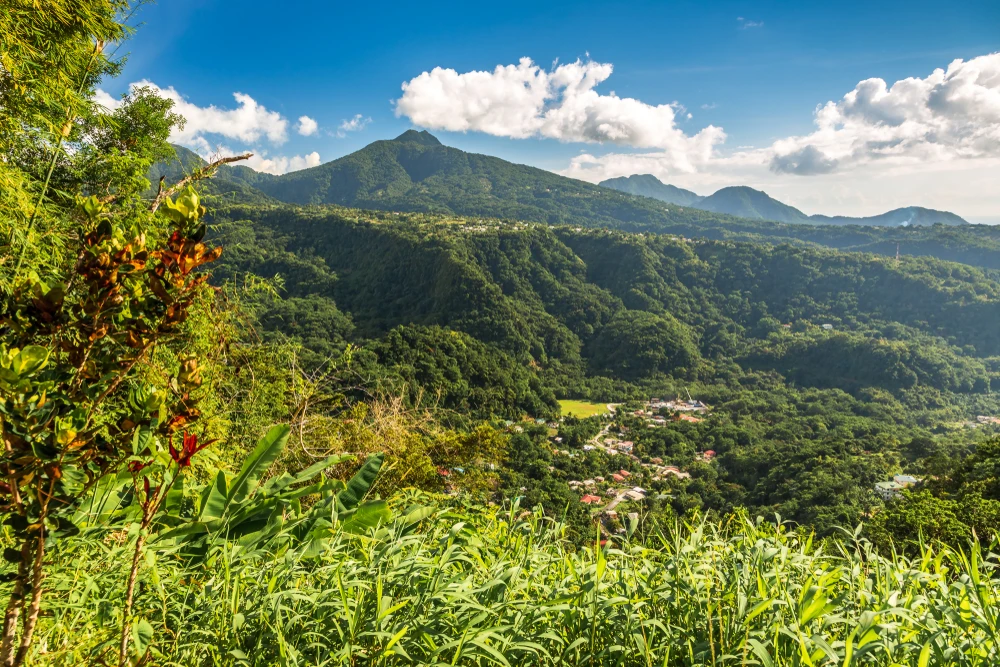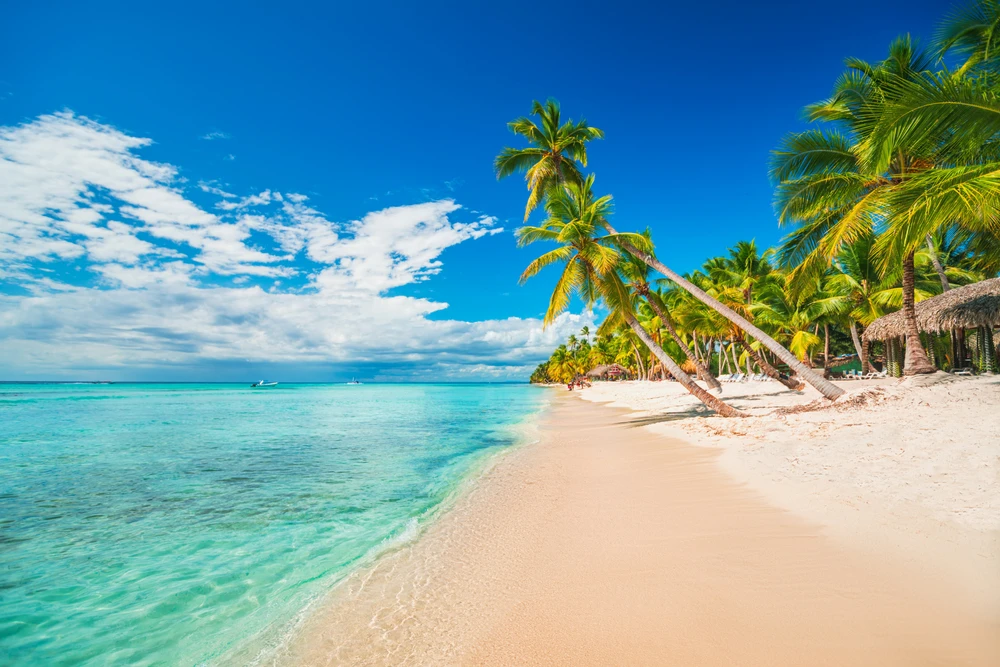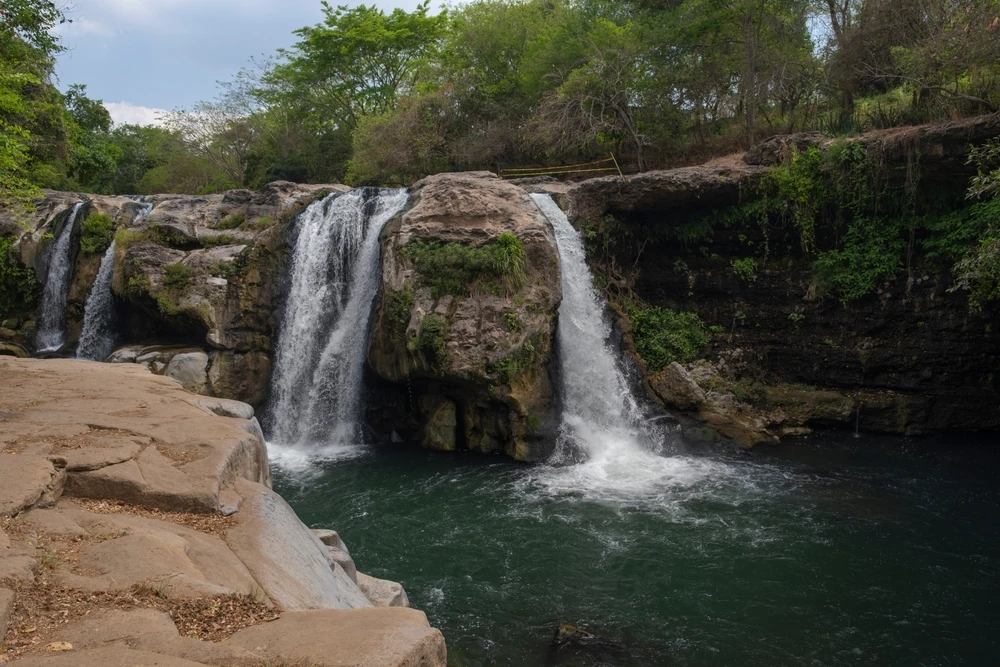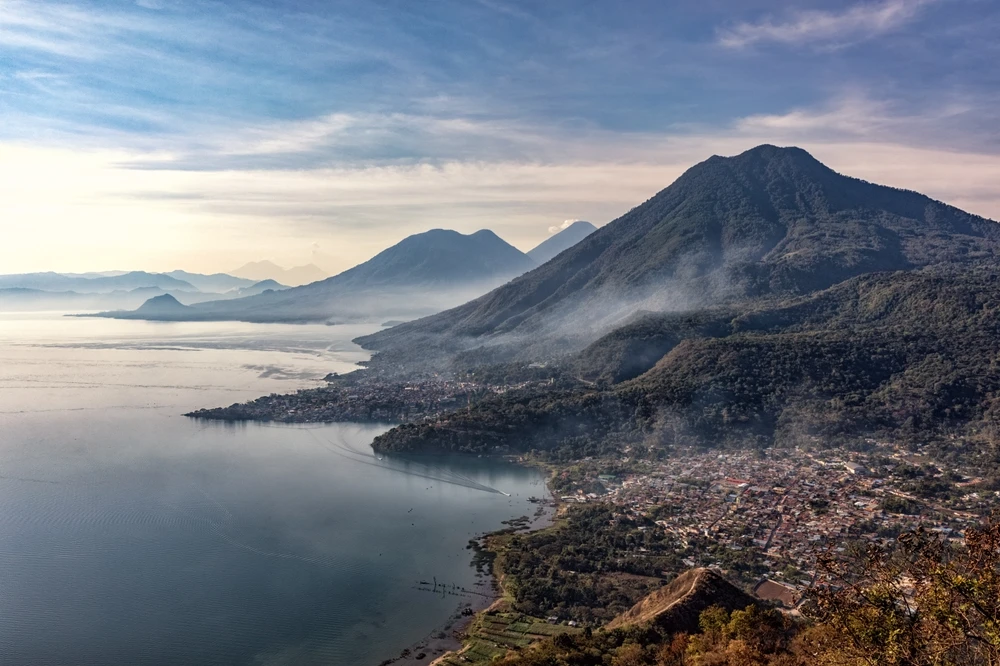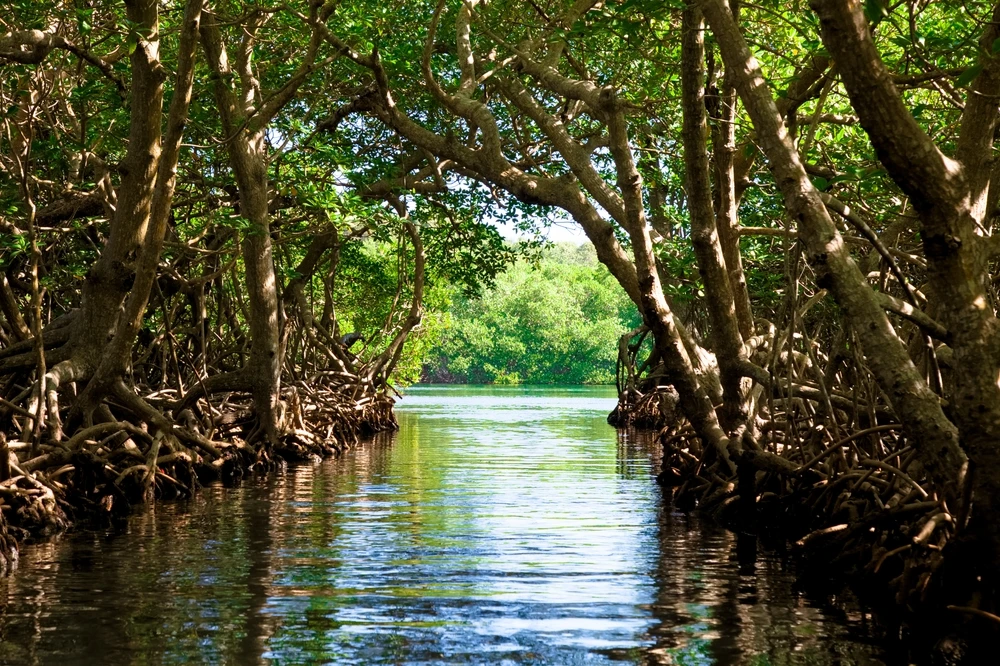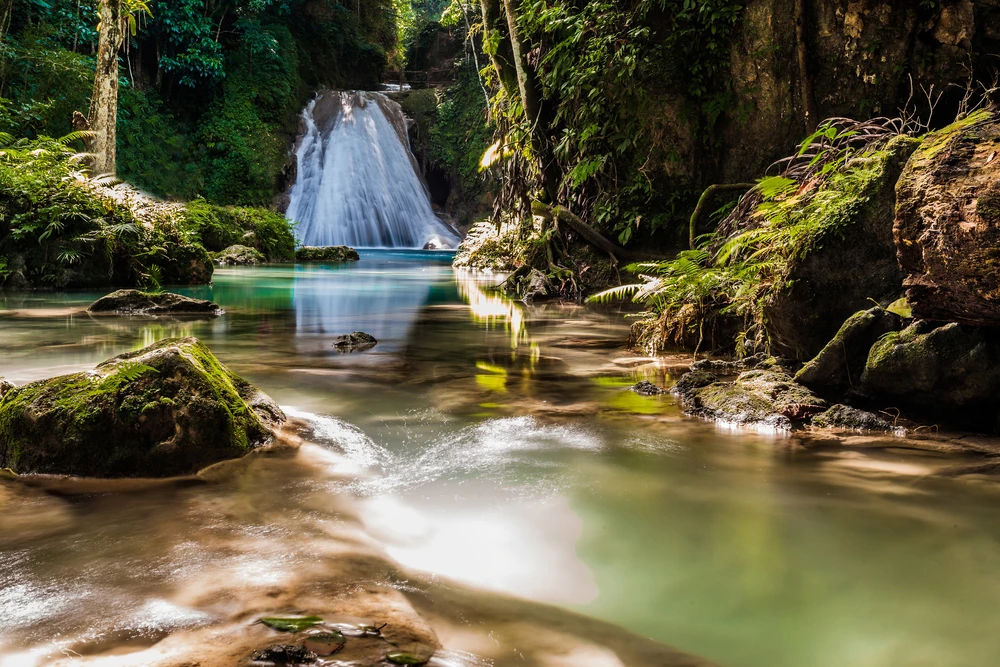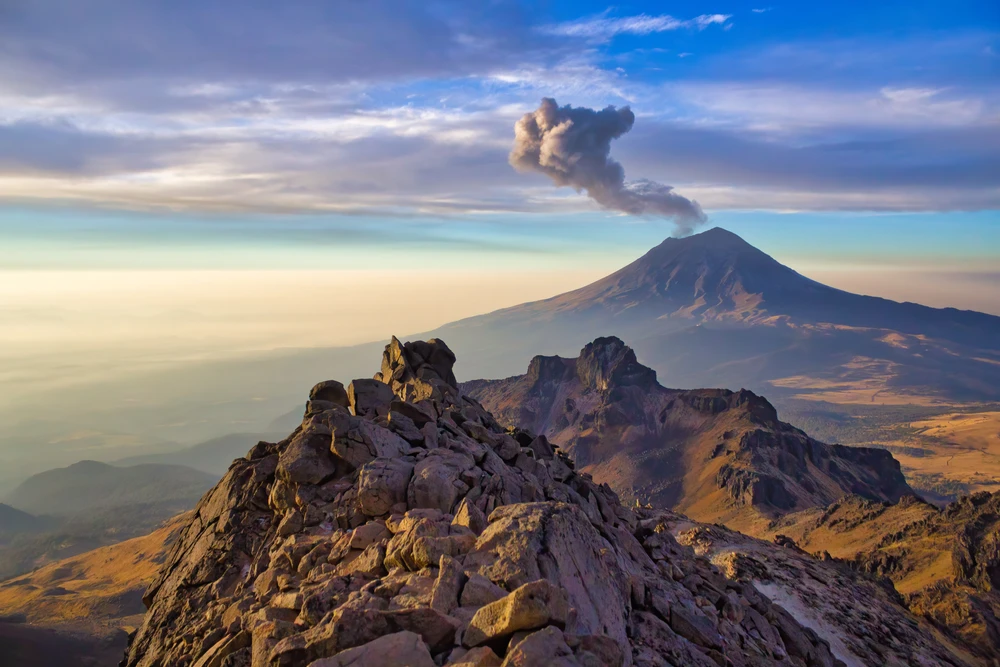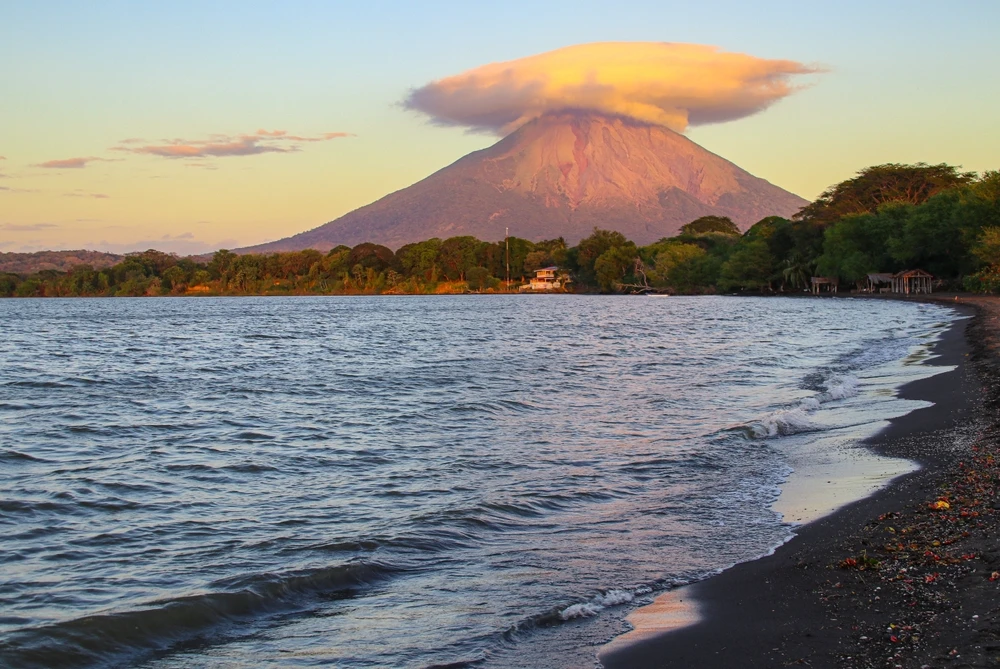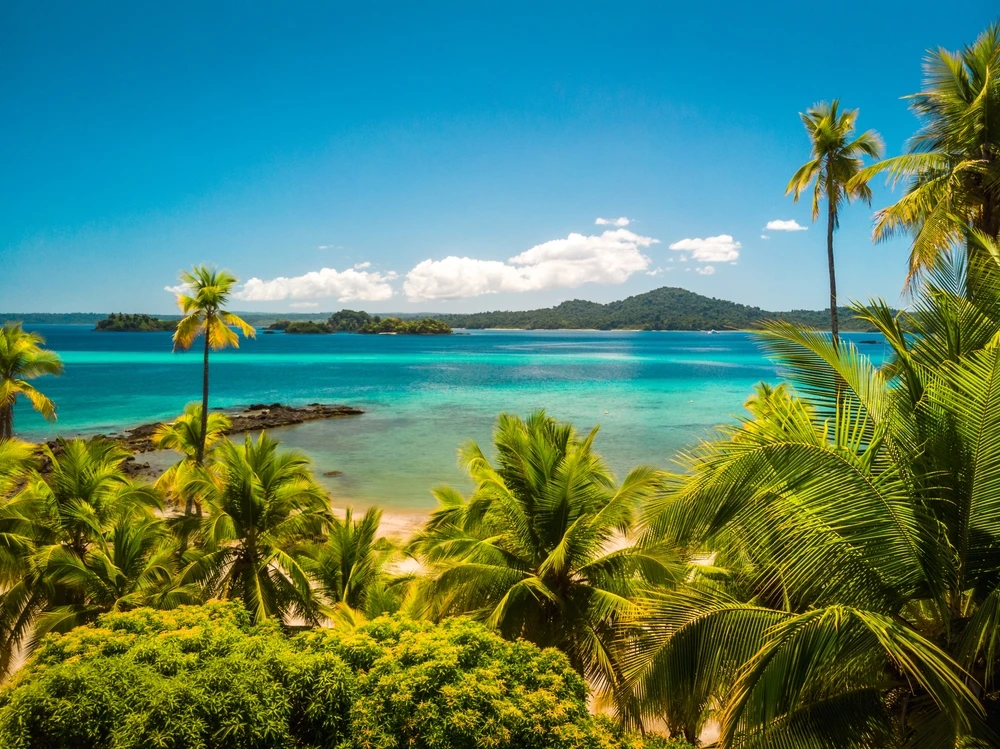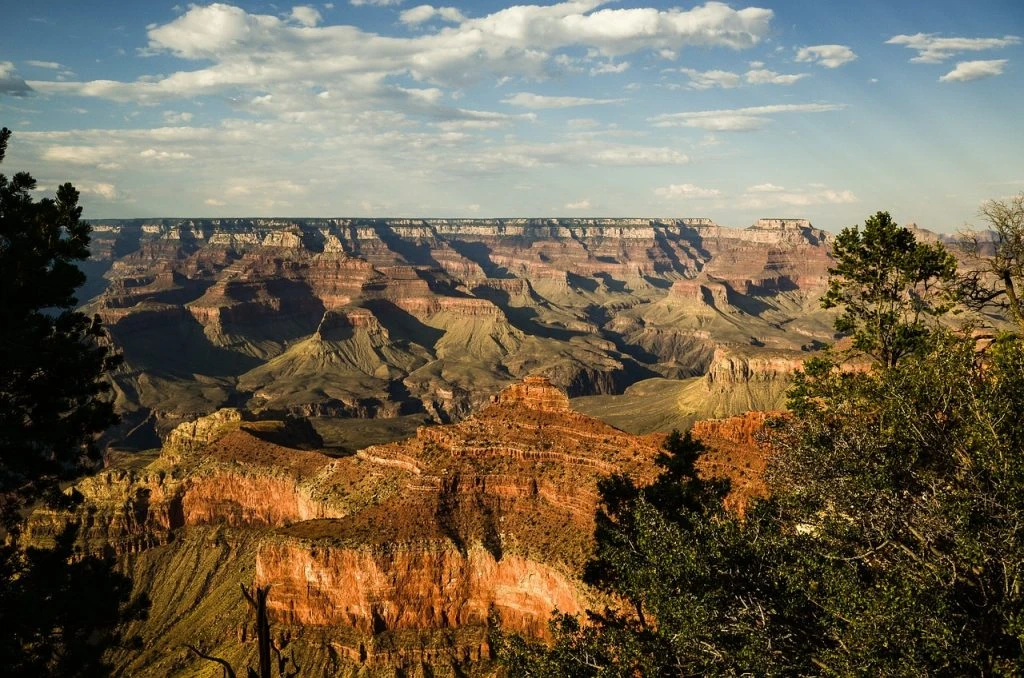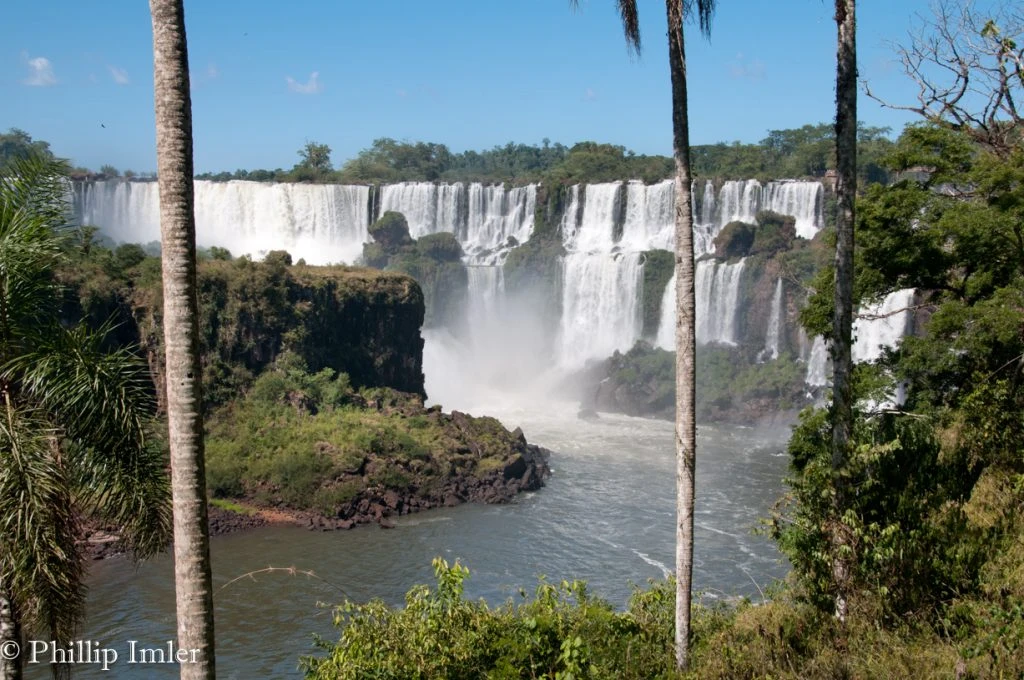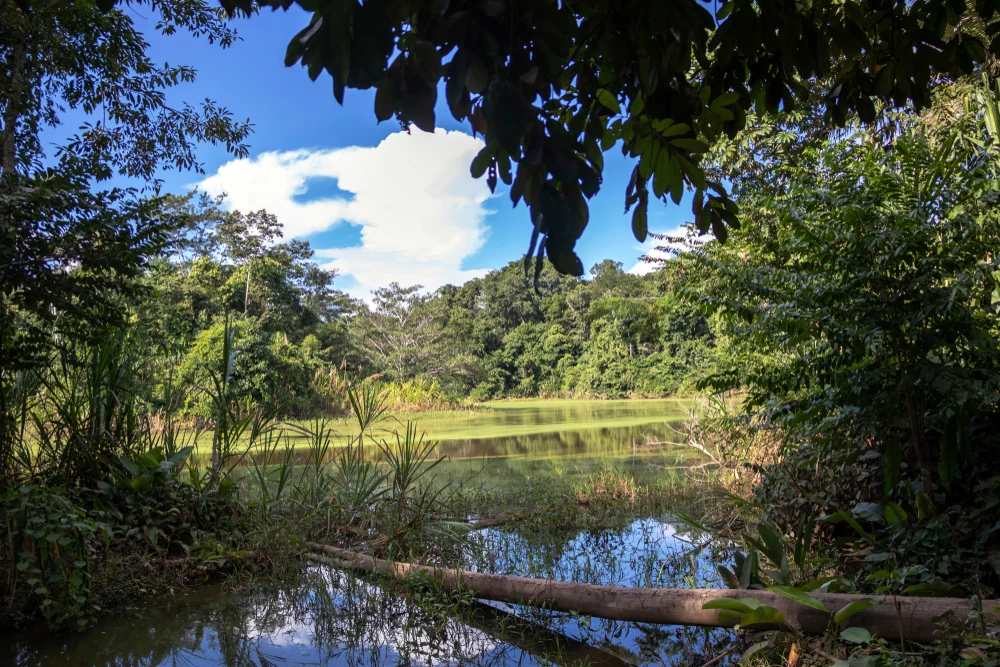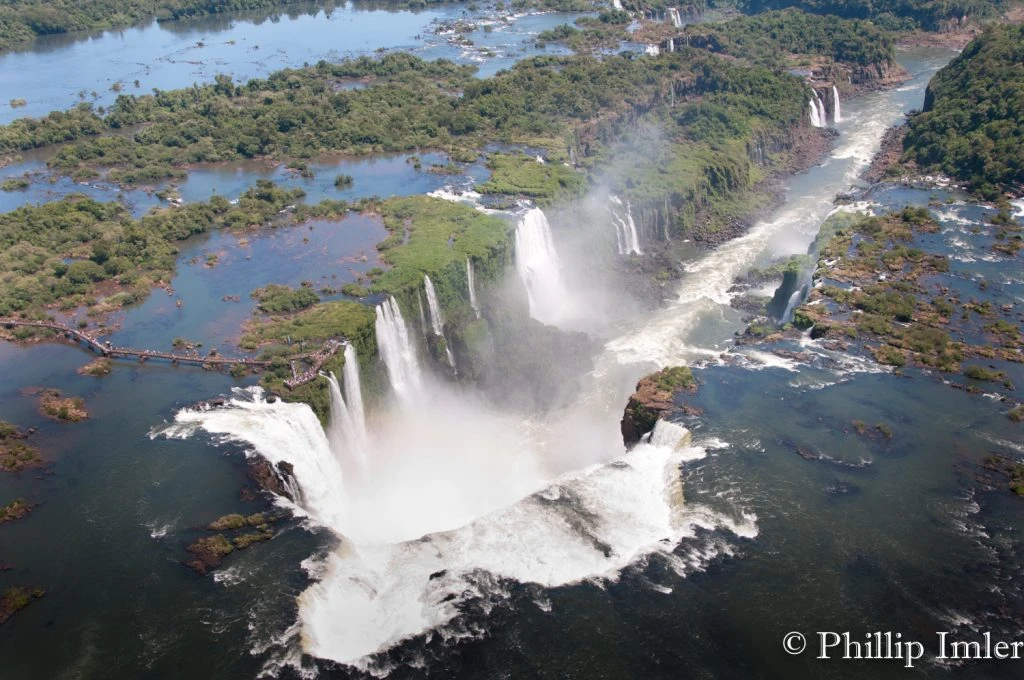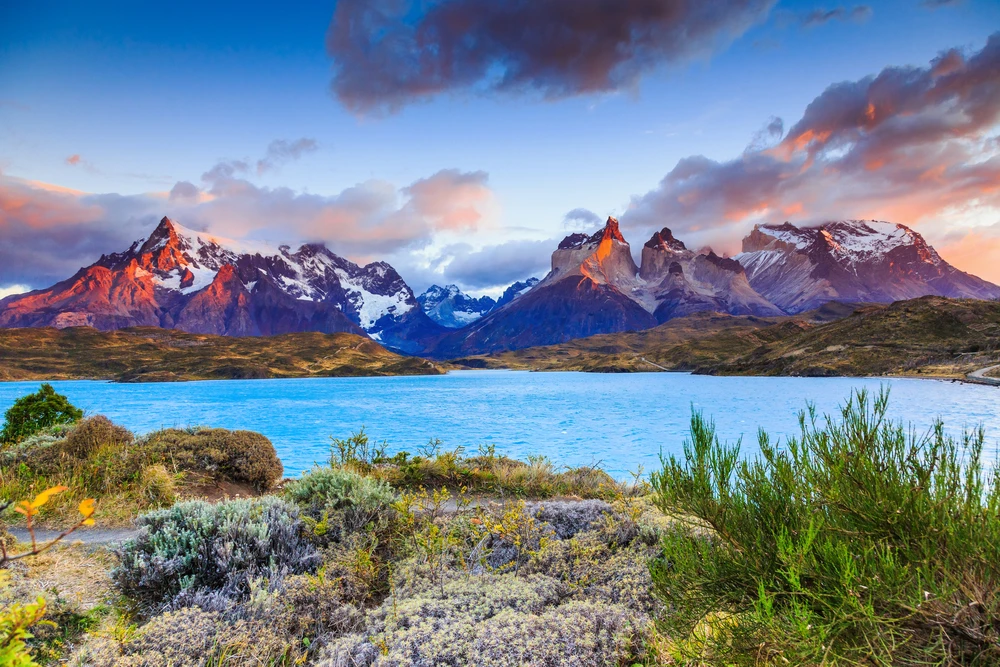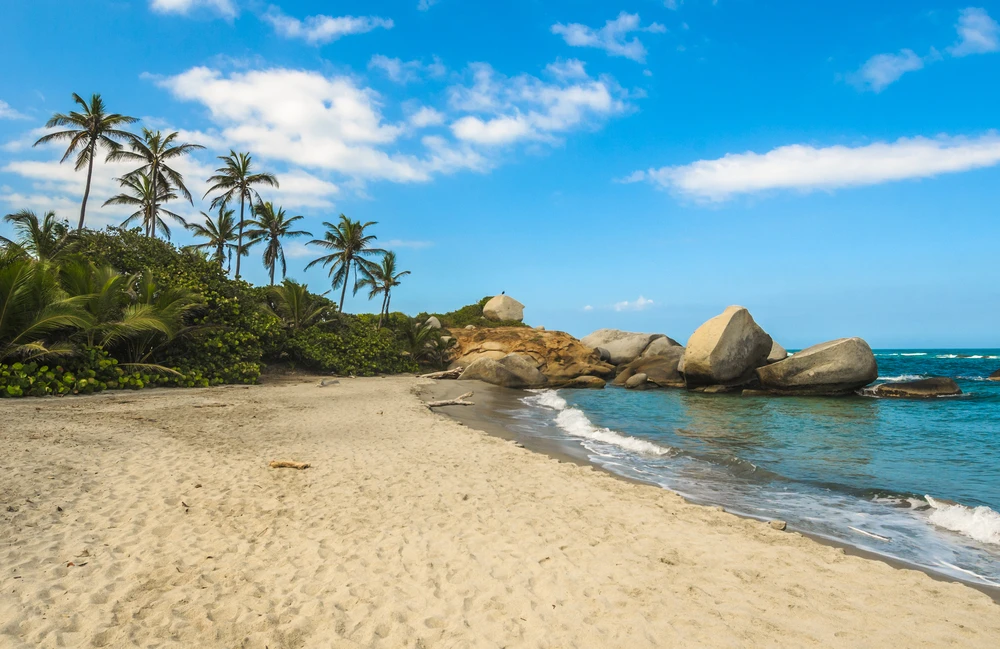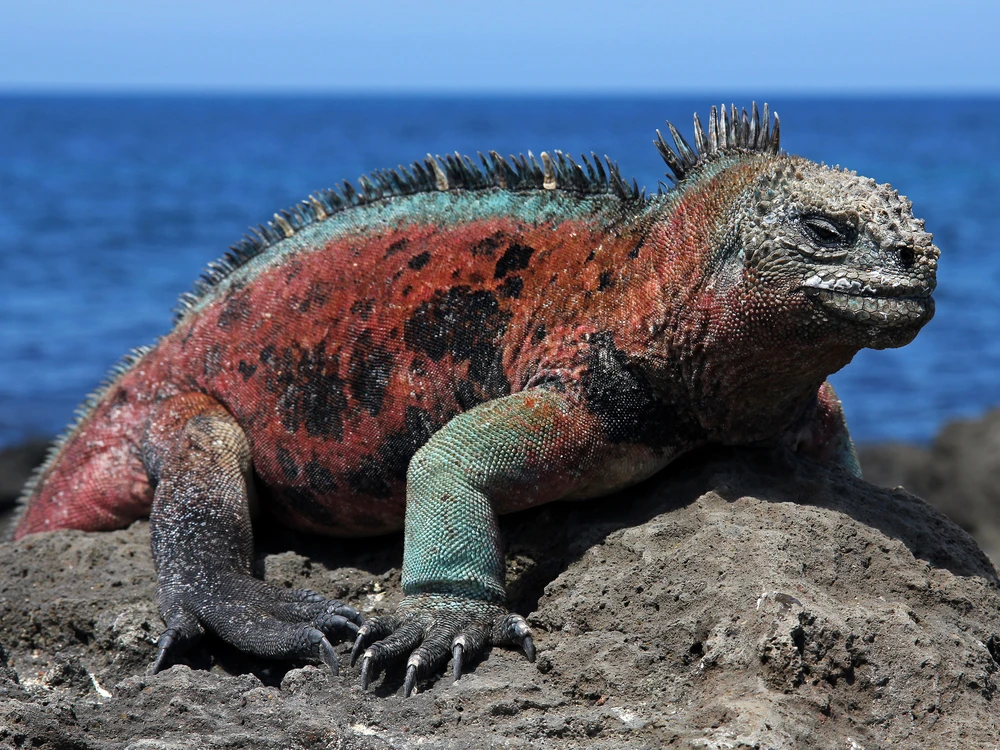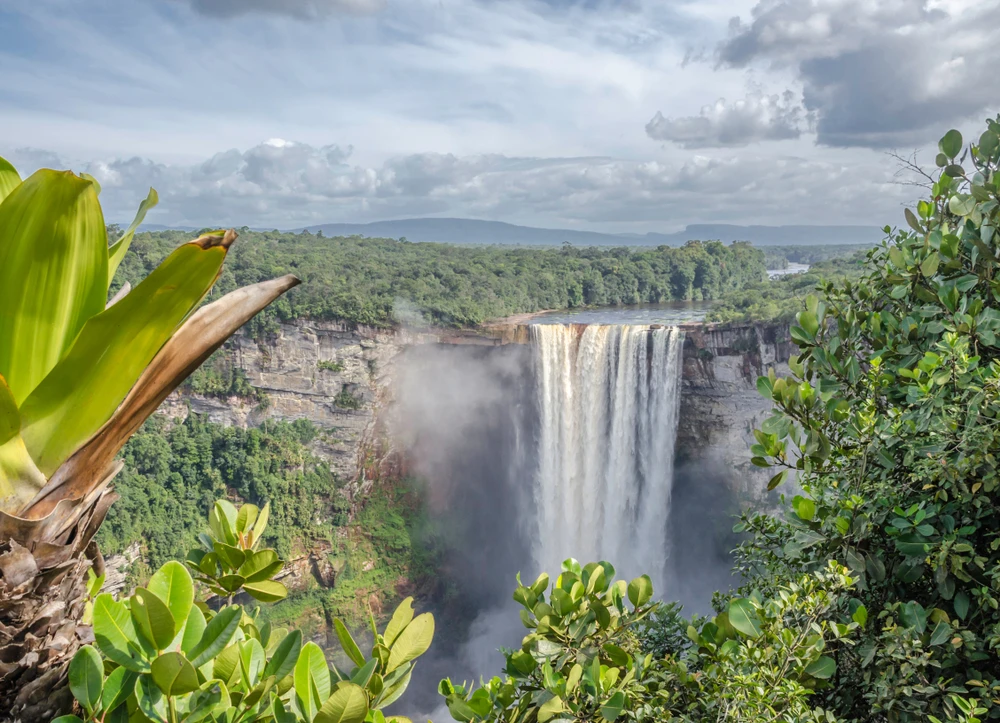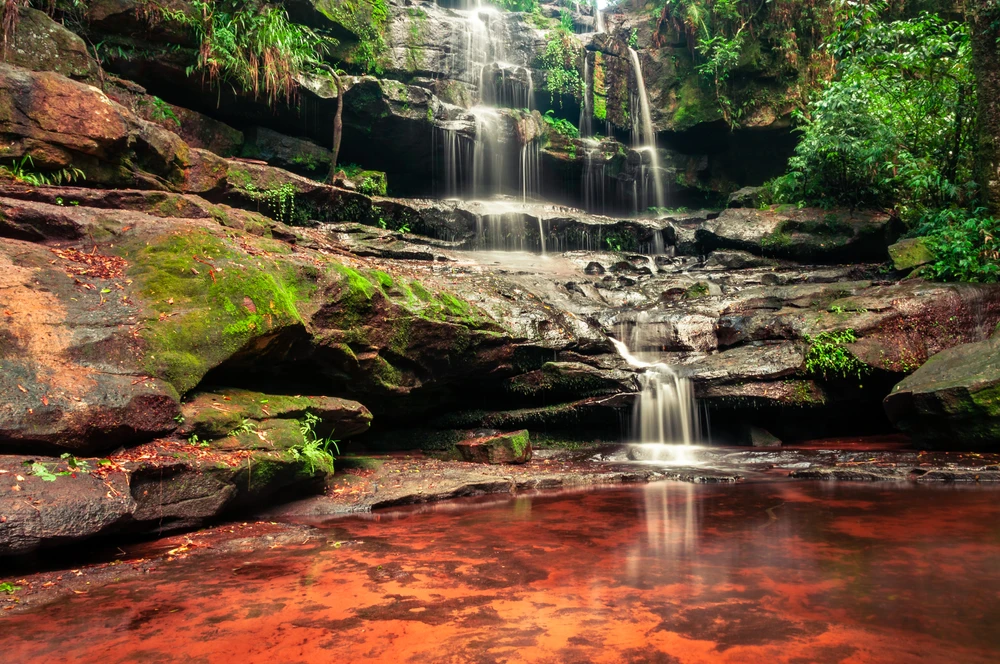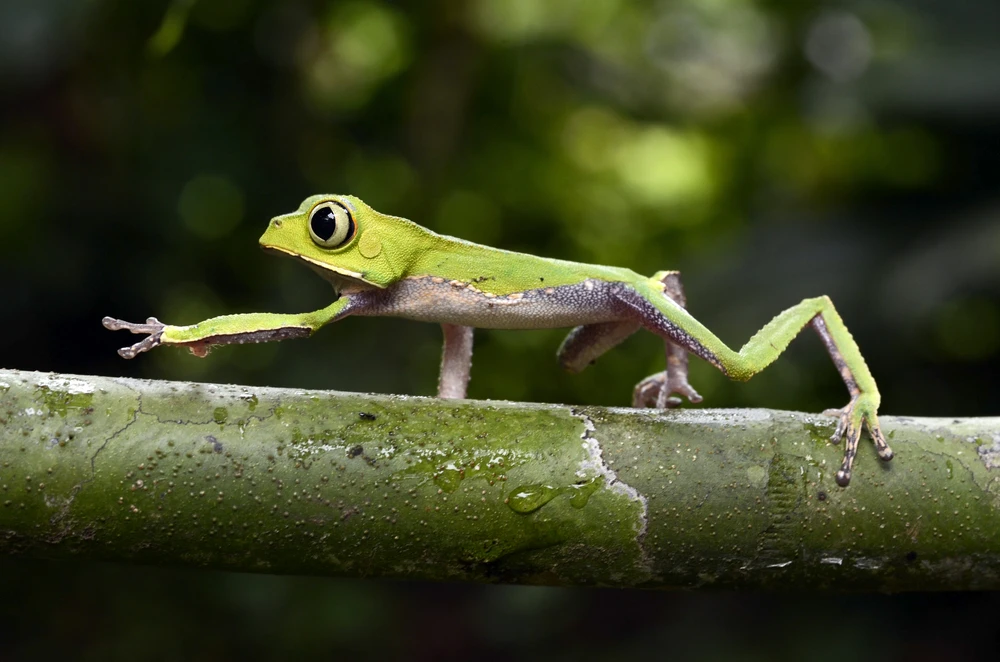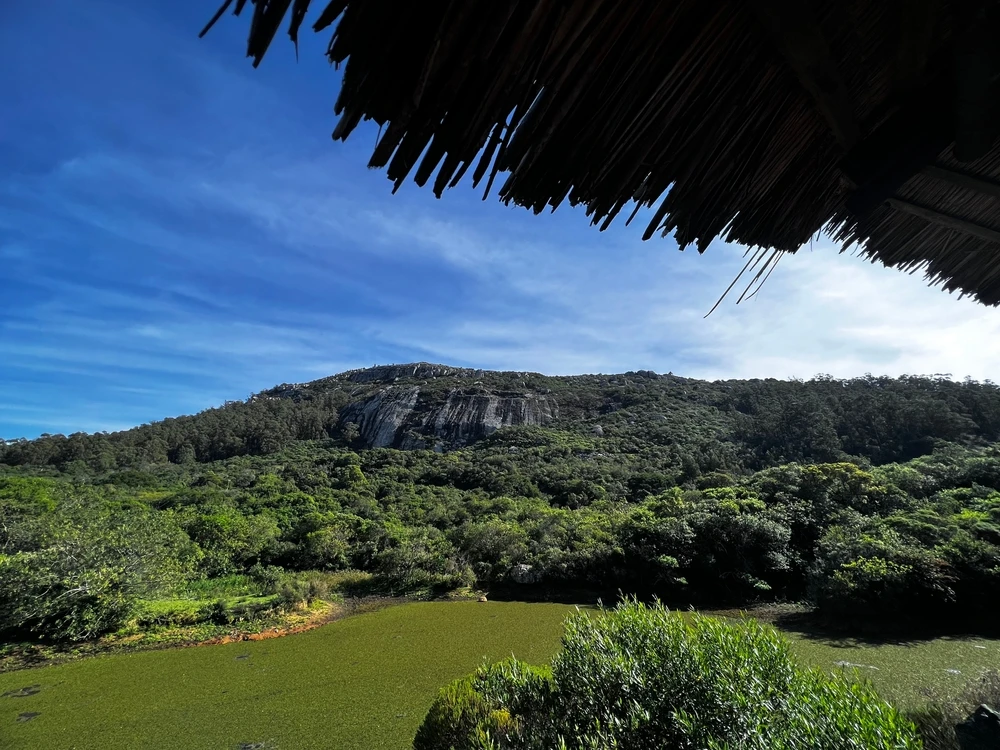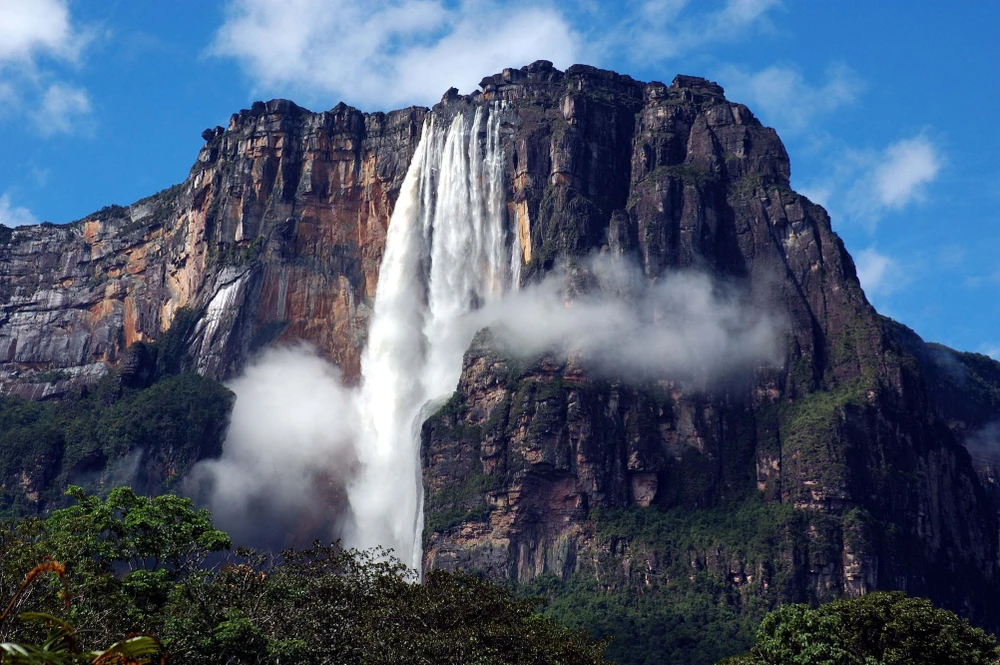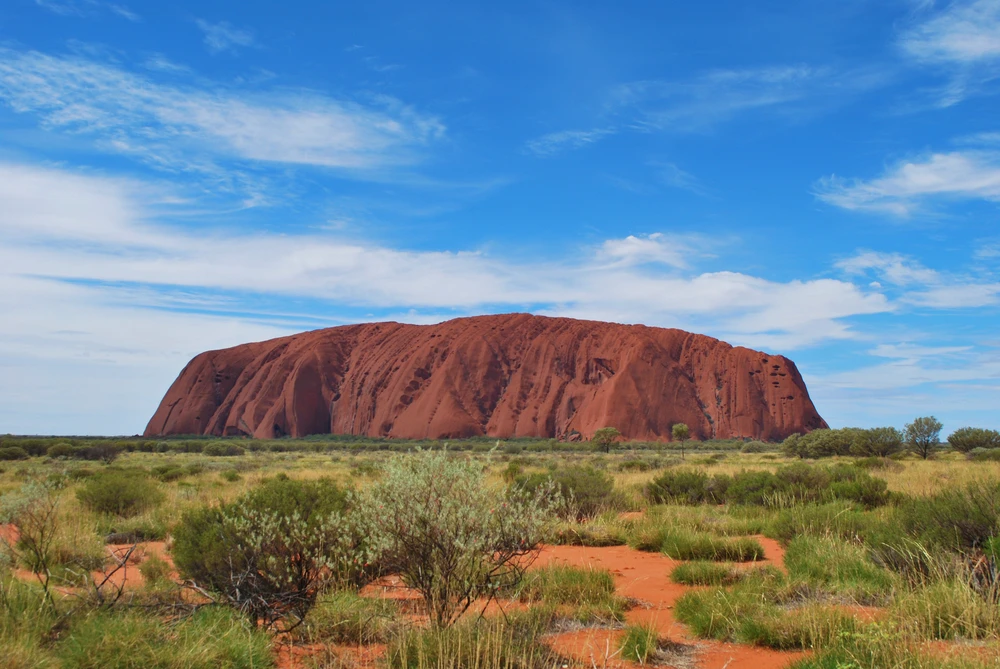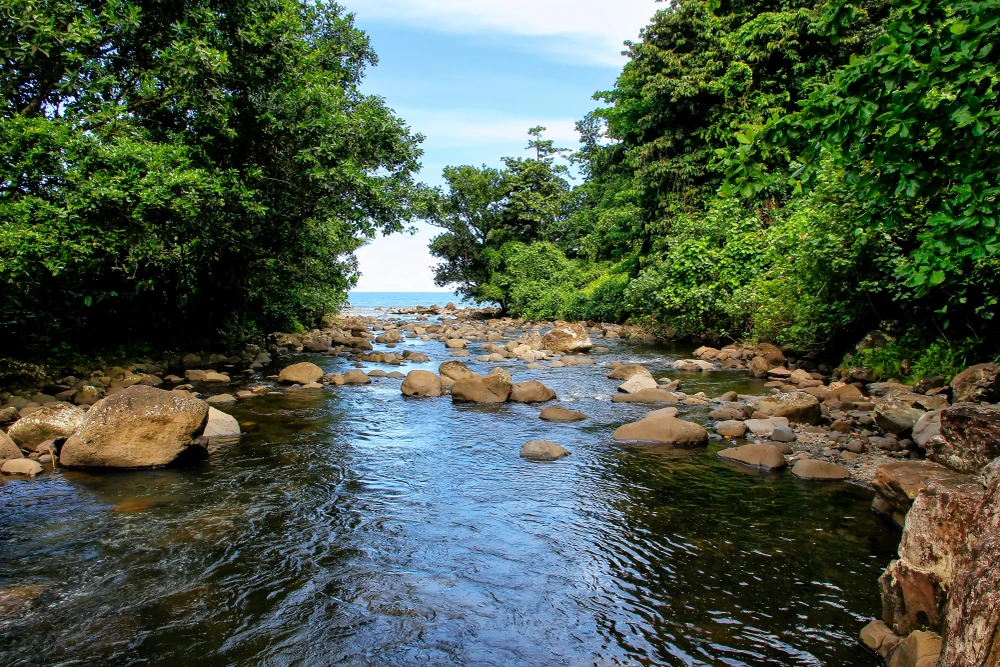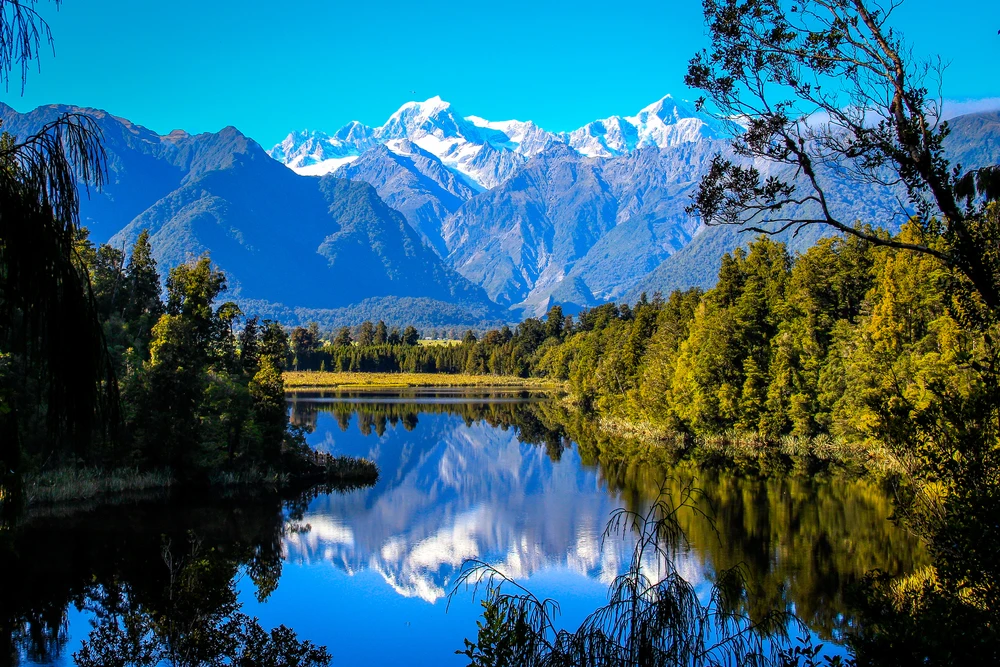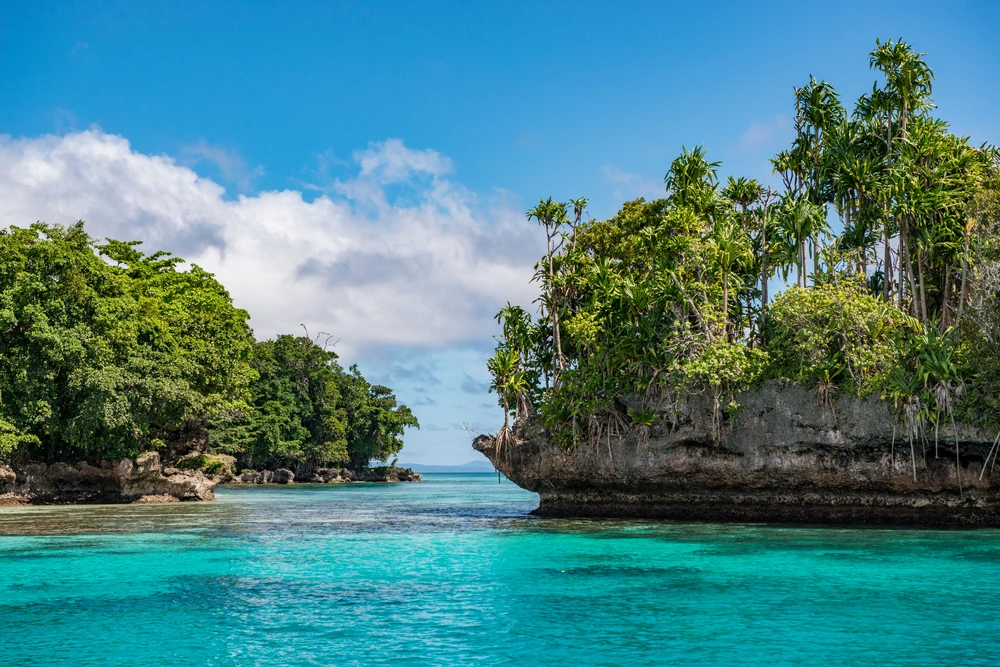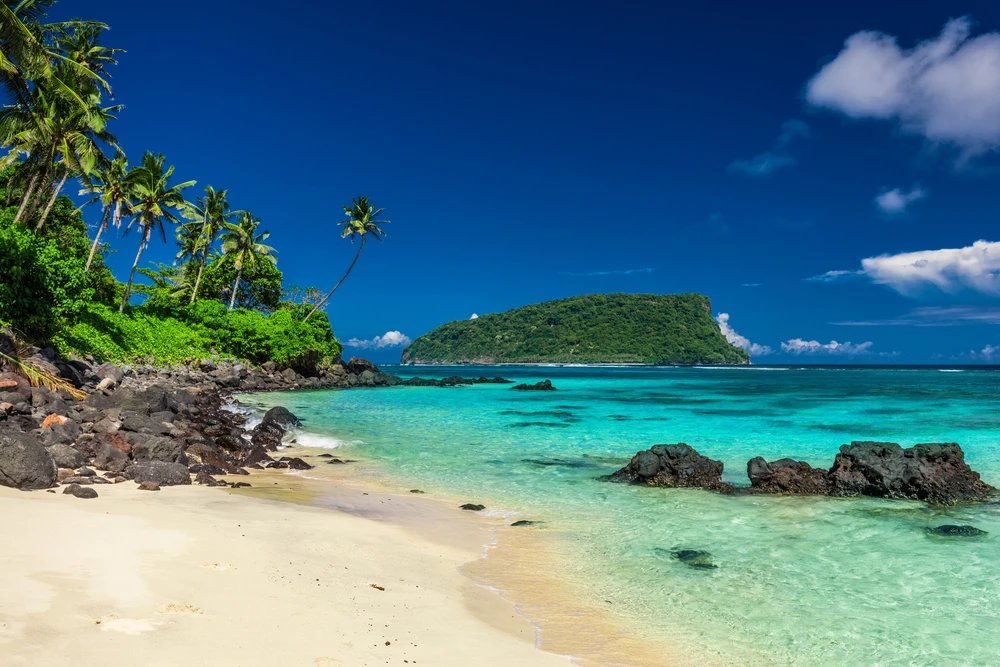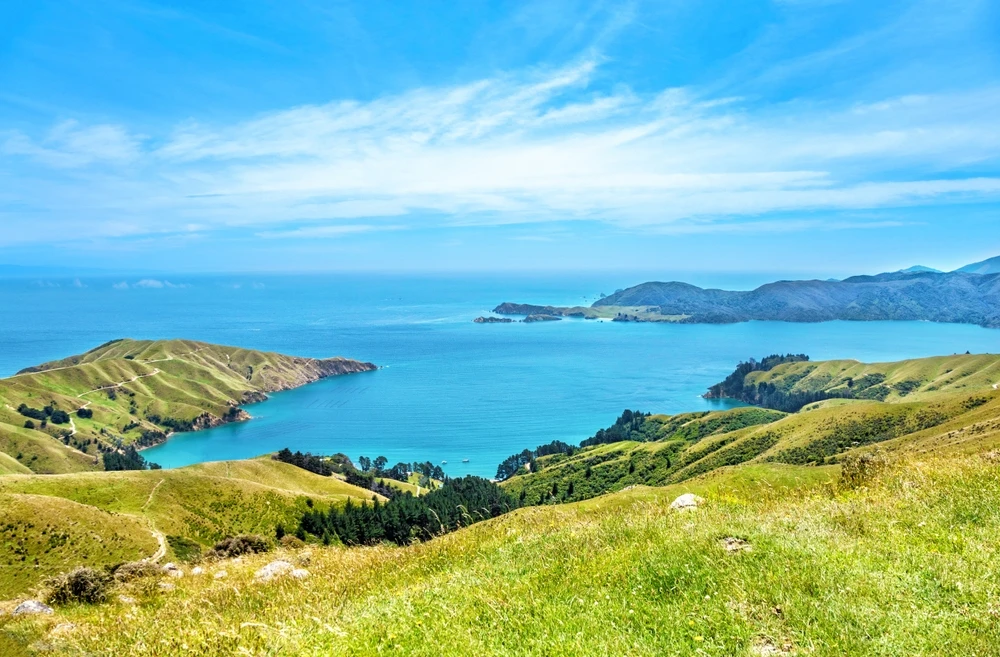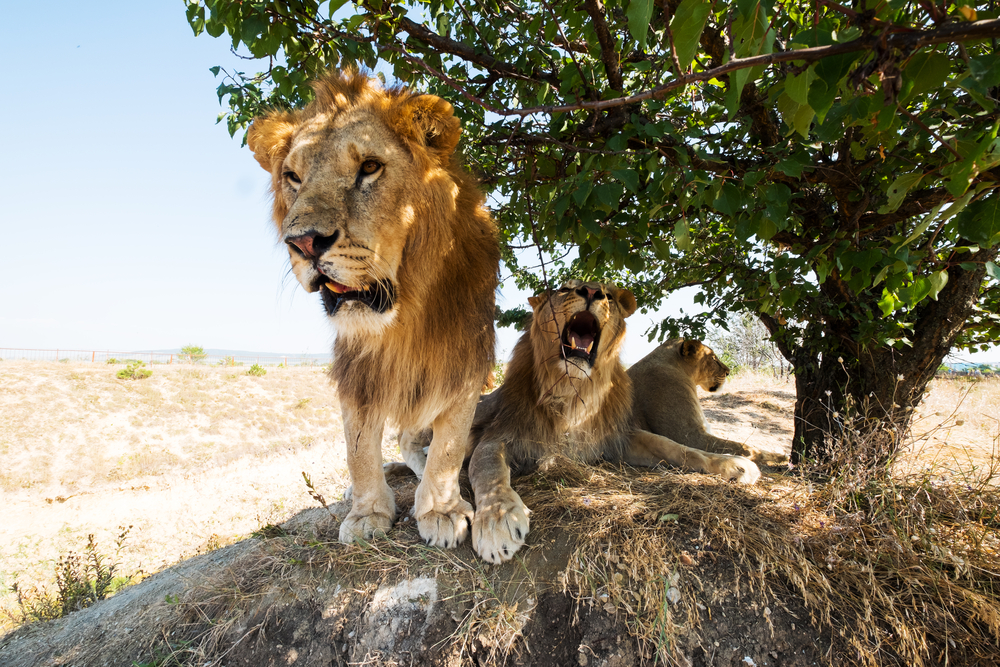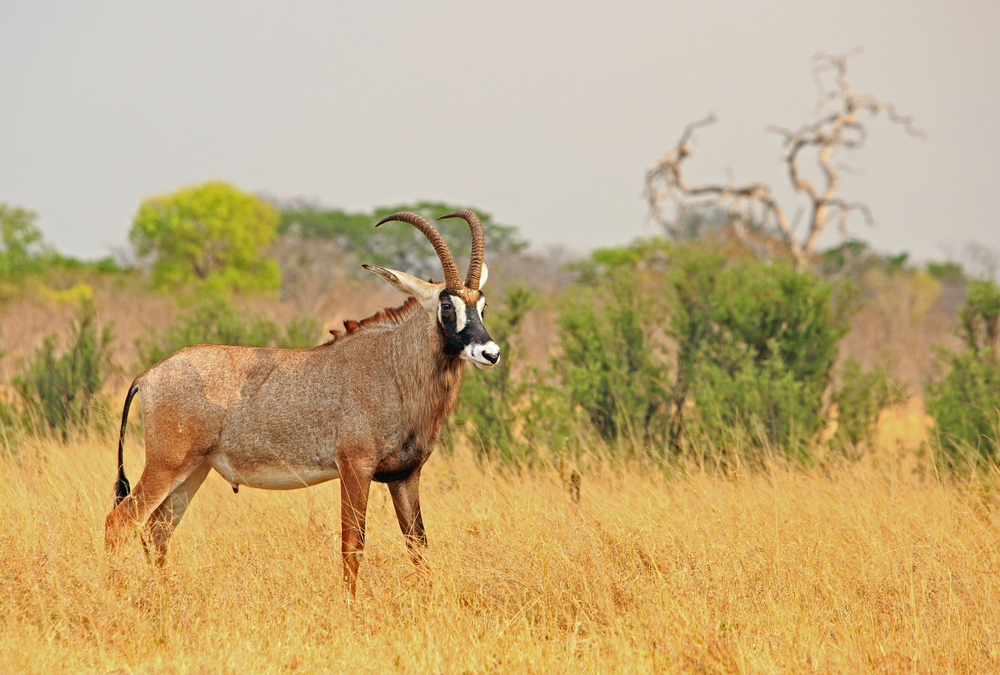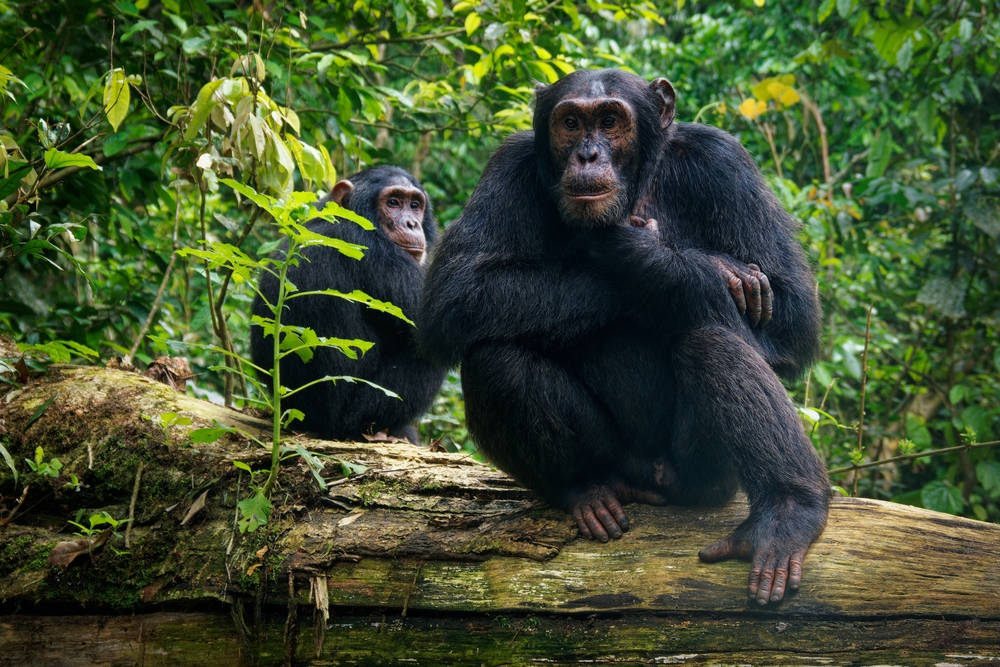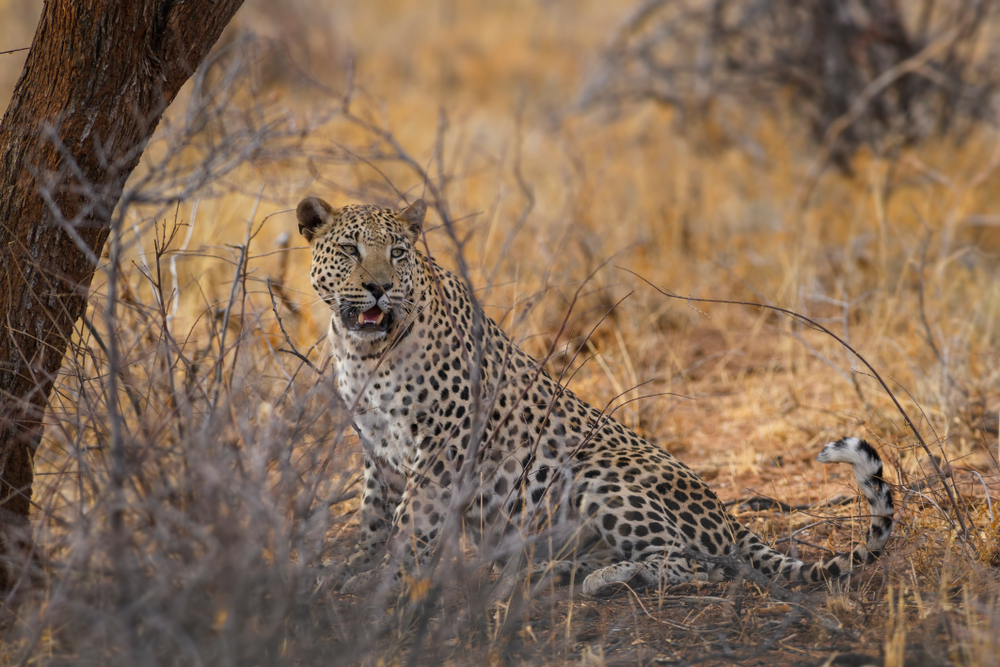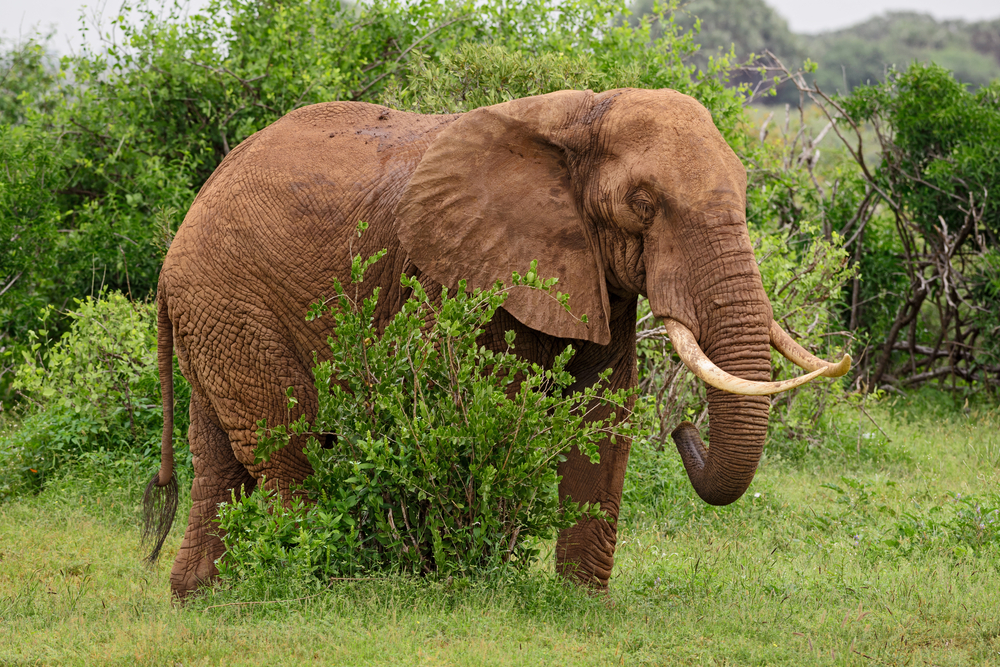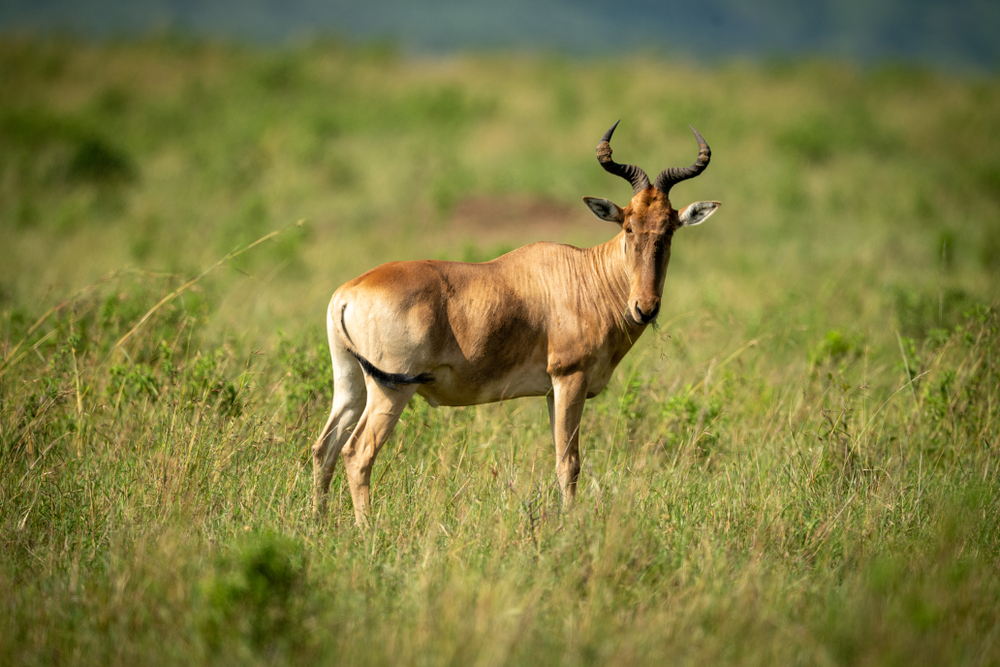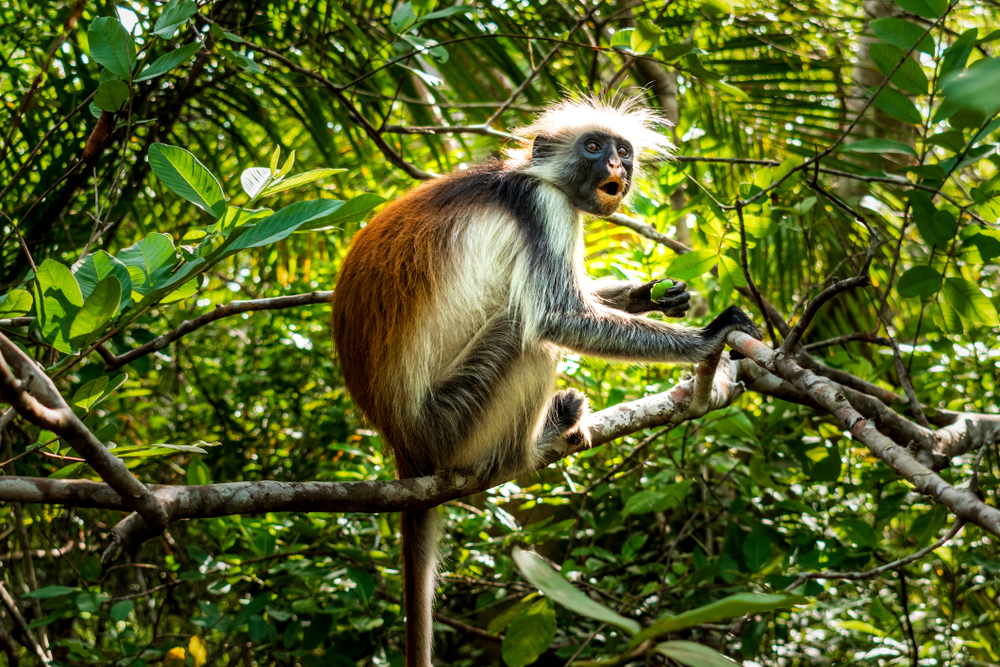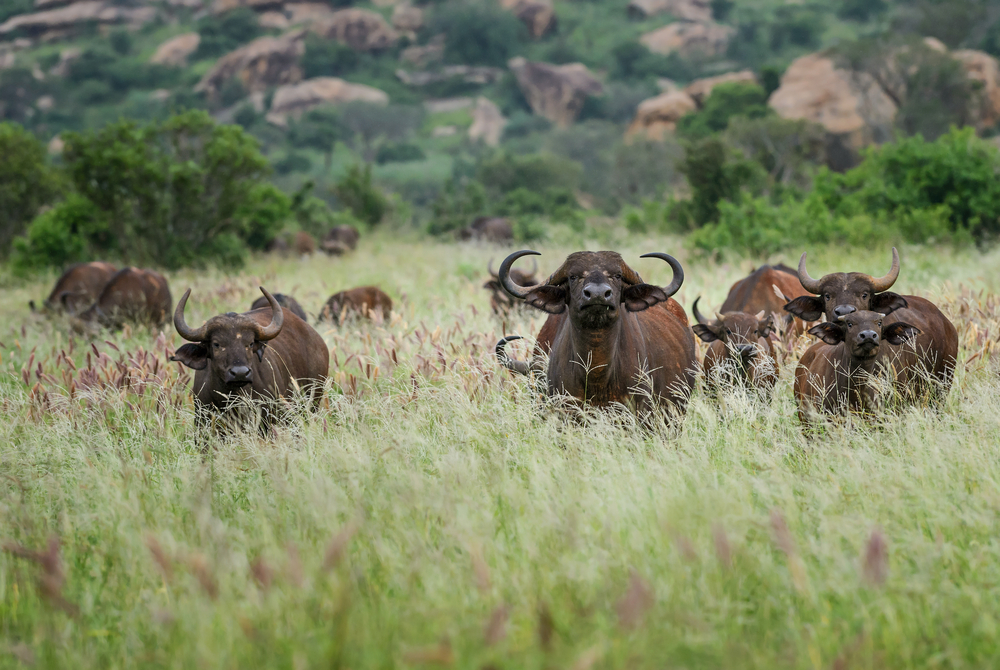Yankari Overview
Yankari National Park, located in Bauchi State, Nigeria, is one of the country’s most famous protected areas and a premier destination for wildlife enthusiasts. Spanning approximately 2,244 square kilometers (867 square miles), the park was established in 1956 and later designated as a national park in 1991. Known locally as “Gidan Yankari,” it is renowned for its rich biodiversity, picturesque landscapes, and historical significance. Yankari is also home to one of the largest remaining populations of elephants in West Africa, making it a critical conservation area in the region.
The terrain of Yankari National Park is a mix of savanna grasslands, woodland, and riverine forests. The park’s centerpiece is the Gaji River, which flows through its heart, providing essential water sources for wildlife. The river sustains lush vegetation along its banks and forms a network of waterholes, including the iconic Wikki Warm Spring. This natural thermal spring, with a consistent temperature of 31°C (88°F), is a major attraction for visitors, offering a tranquil setting for relaxation. The landscape also features rolling hills and open plains that provide stunning vistas of the park.
Yankari is home to an impressive array of wildlife, making it one of Nigeria’s most important conservation areas. It shelters a significant population of African elephants, alongside other large mammals such as lions, leopards, buffalo, and waterbucks. Antelope species like roan antelope, hartebeest, and oribi are also common. The park supports diverse birdlife, with over 350 species recorded, including saddle-billed storks, grey hornbills, and guinea fowl. Reptiles such as Nile crocodiles and monitor lizards thrive in the park’s rivers and wetlands, adding to its ecological richness.
Visitors to Yankari National Park can enjoy a variety of activities that showcase its natural beauty and wildlife. Game drives provide opportunities to observe animals in their natural habitats, particularly near waterholes during the dry season. A visit to the Wikki Warm Spring offers a unique experience of swimming in crystal-clear thermal waters surrounded by nature. Birdwatching is a highlight for enthusiasts, while guided nature walks allow for a closer exploration of the park’s flora and fauna. The park also features historical sites, including ancient iron-smelting furnaces and caves with rock paintings, providing insights into the region’s cultural heritage.
Despite its significance, Yankari National Park faces challenges such as poaching, habitat degradation, and human-wildlife conflict. The park also struggles with limited funding and infrastructure, which hinder effective management and conservation efforts. However, initiatives led by the Bauchi State Government and conservation organizations focus on anti-poaching measures, community engagement, and sustainable tourism development. Partnerships with local communities aim to promote conservation awareness and provide alternative livelihoods, reducing pressure on the park’s resources.
Yankari National Park is a jewel of Nigeria’s natural heritage. Its stunning landscapes, diverse wildlife, and cultural significance make it a must-visit destination for eco-tourists and researchers. Protecting Yankari ensures the preservation of its unique ecosystems and reinforces Nigeria’s role in global conservation efforts.

